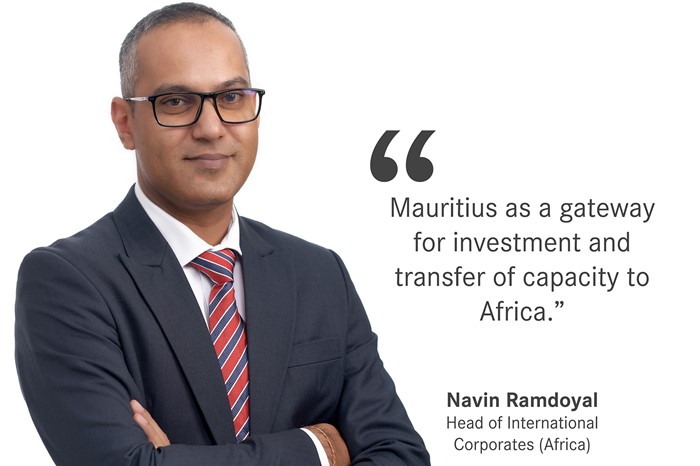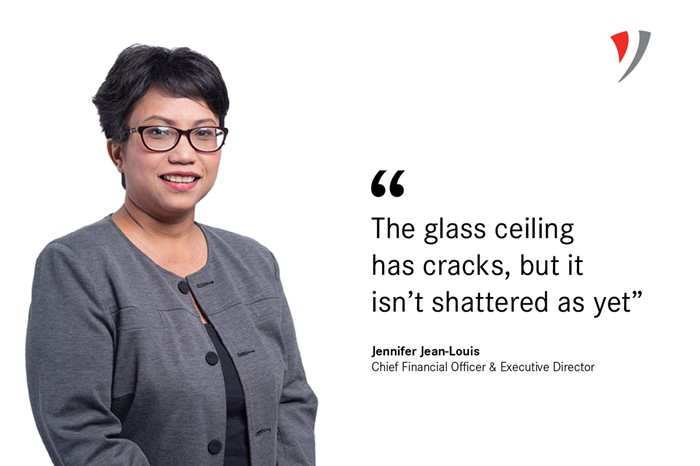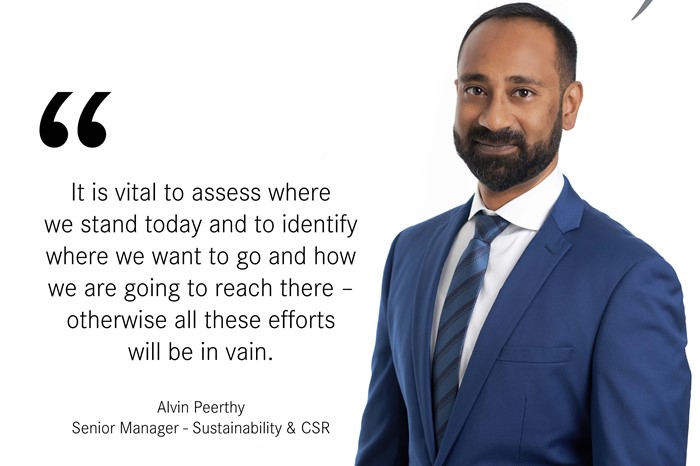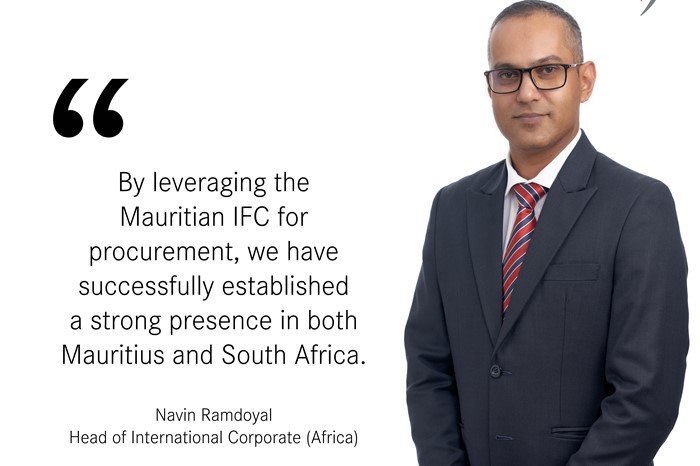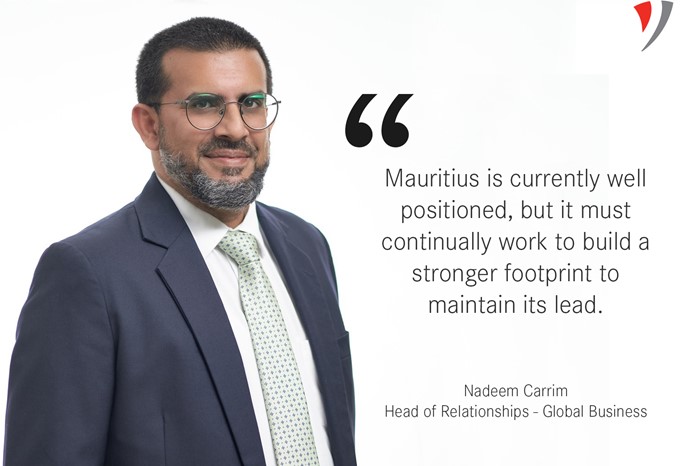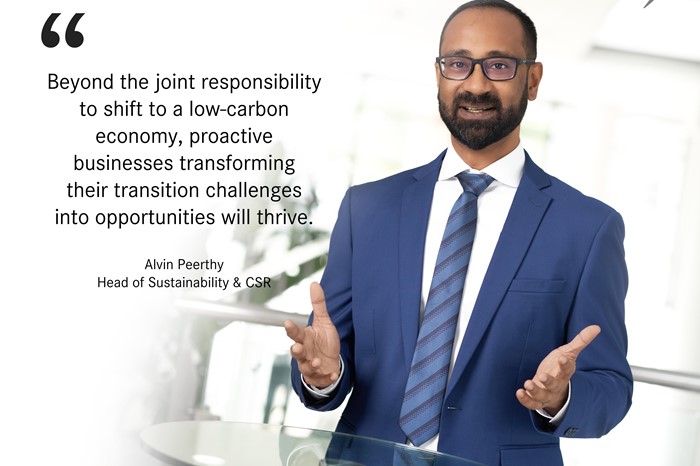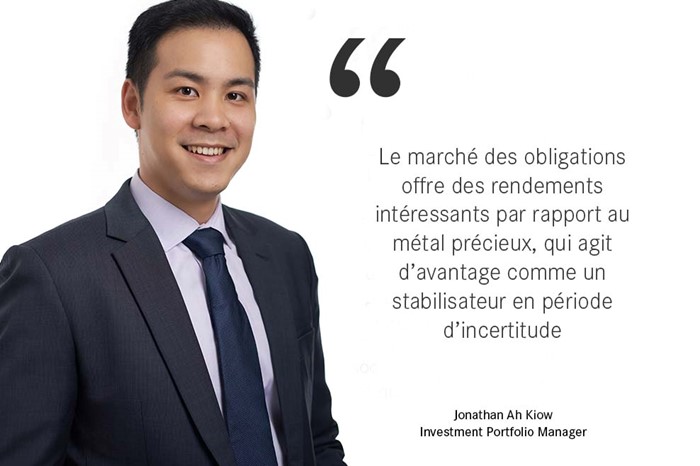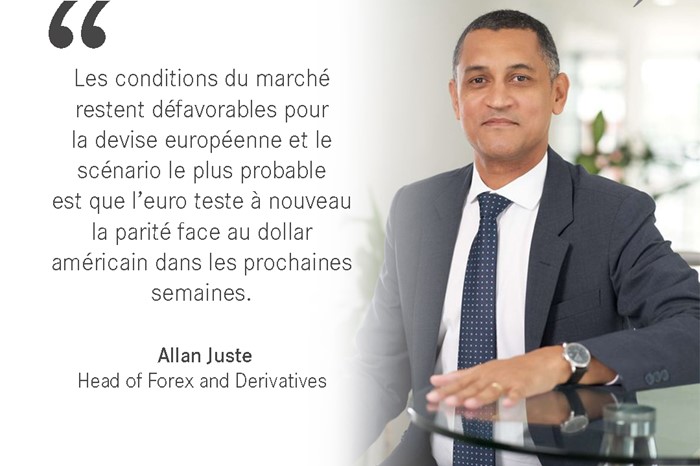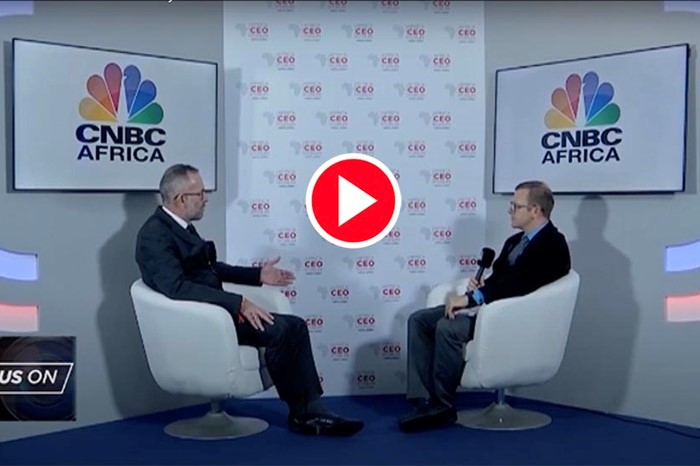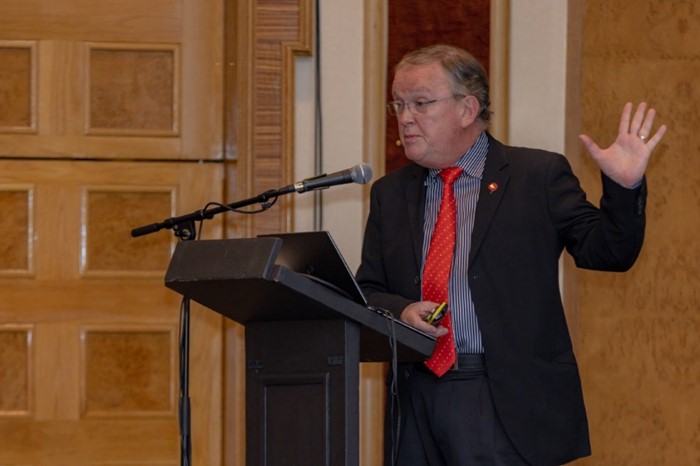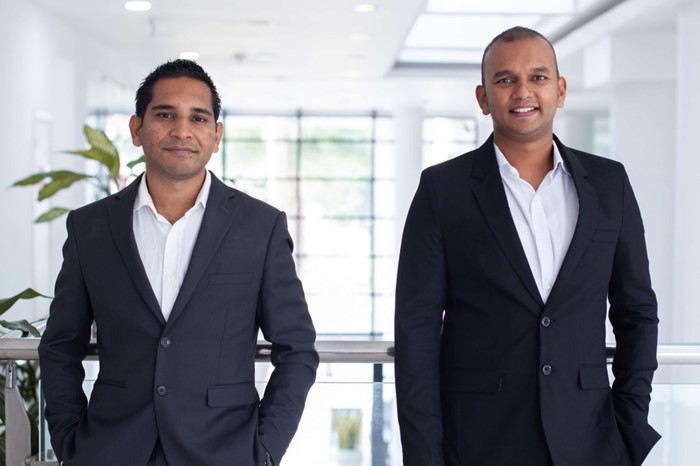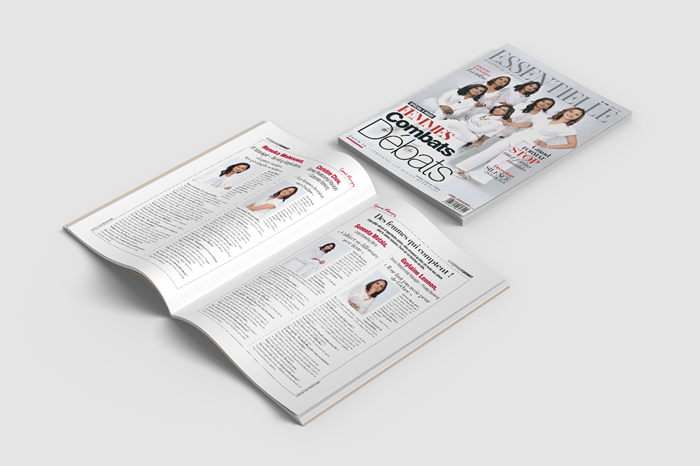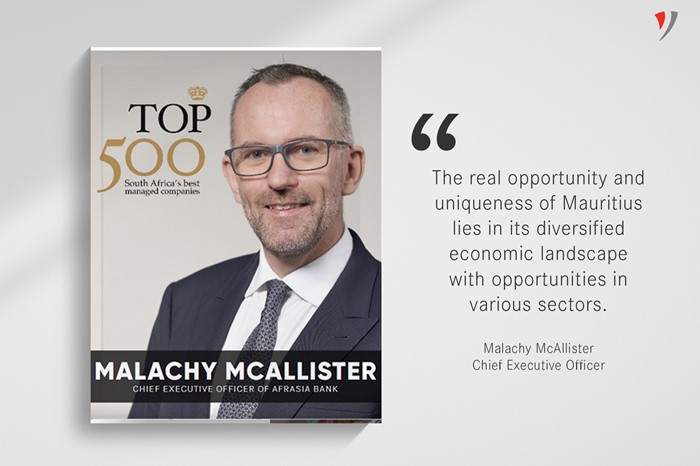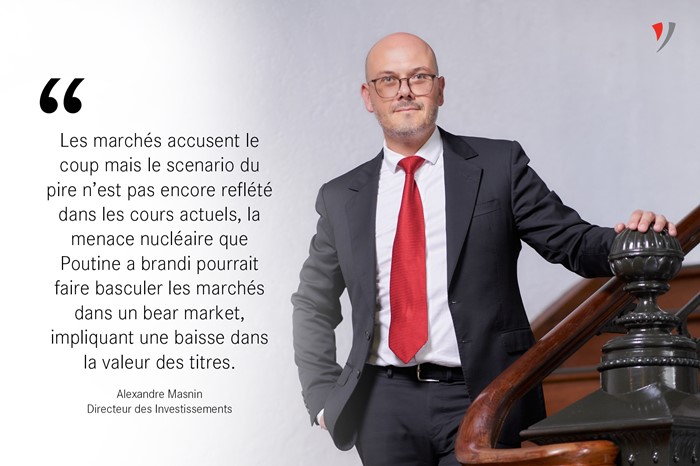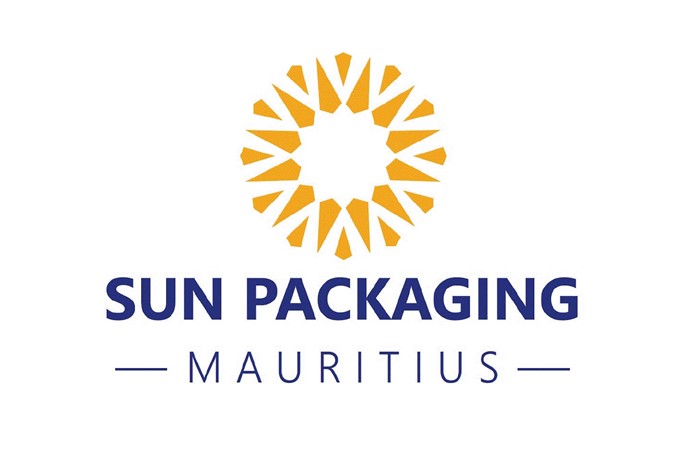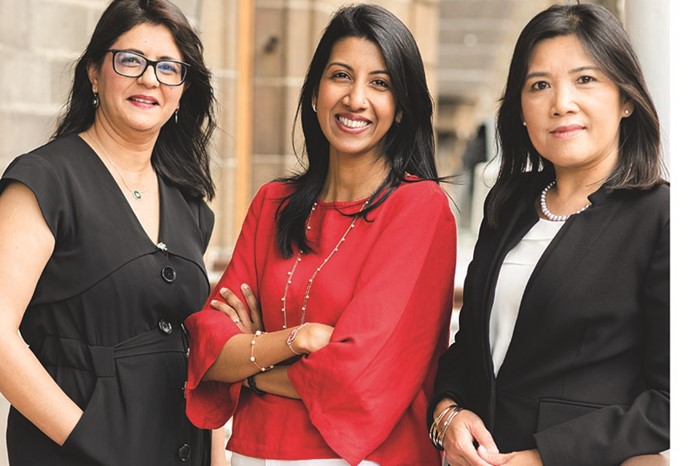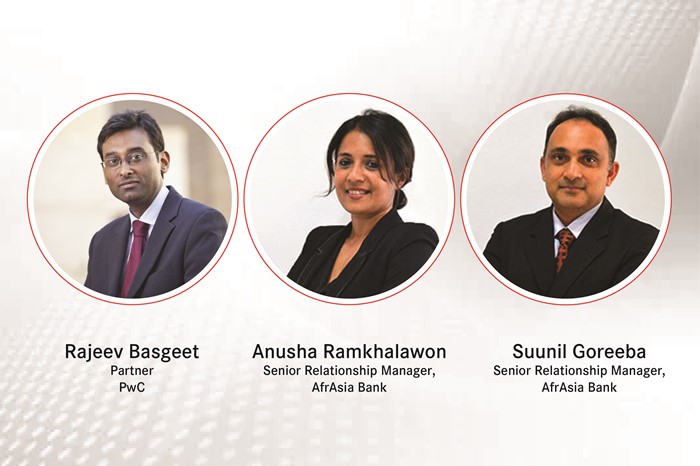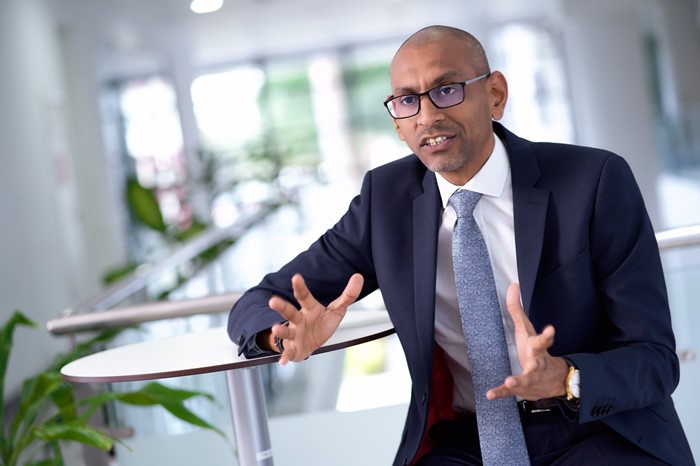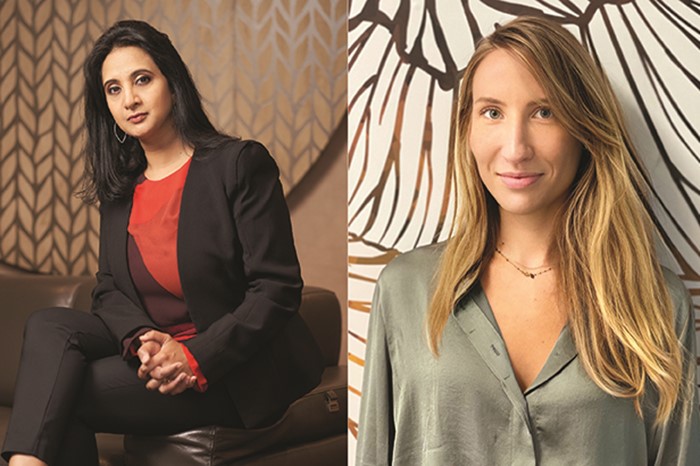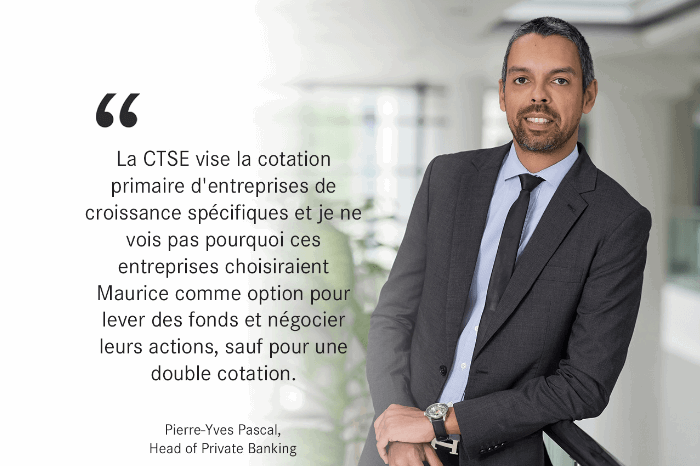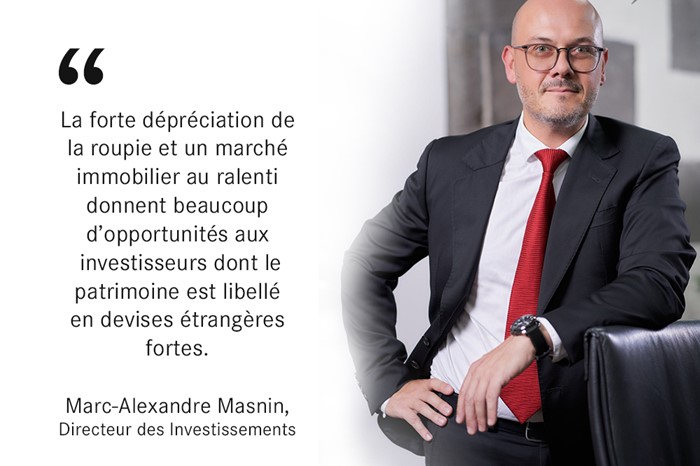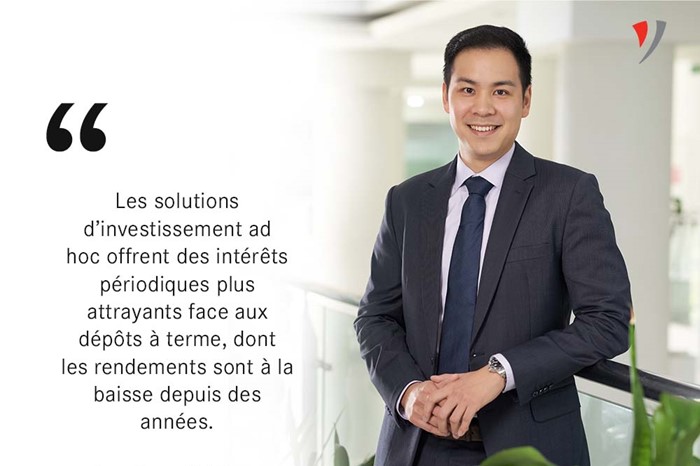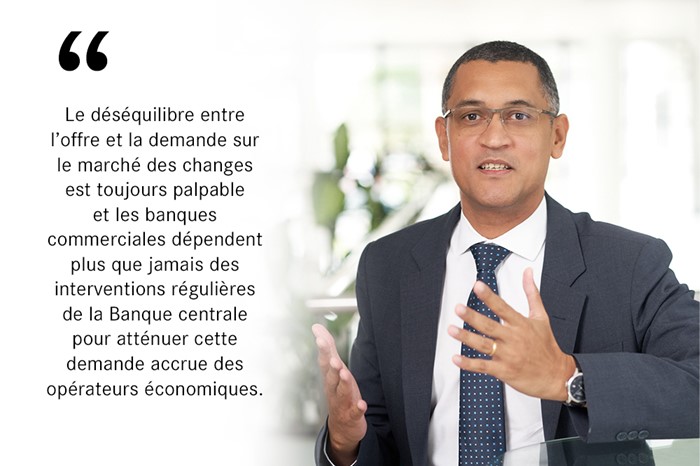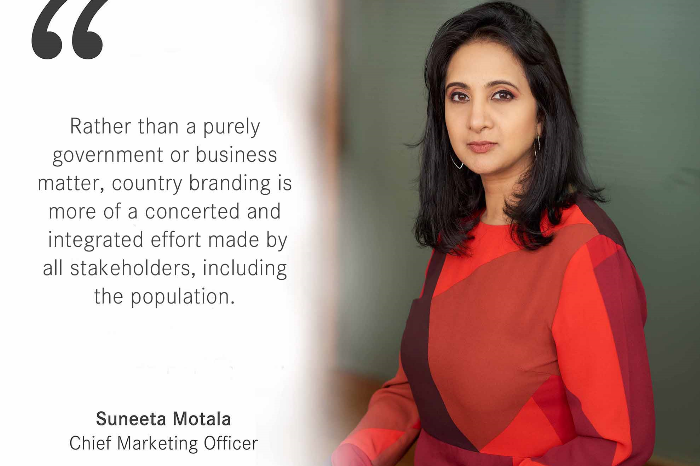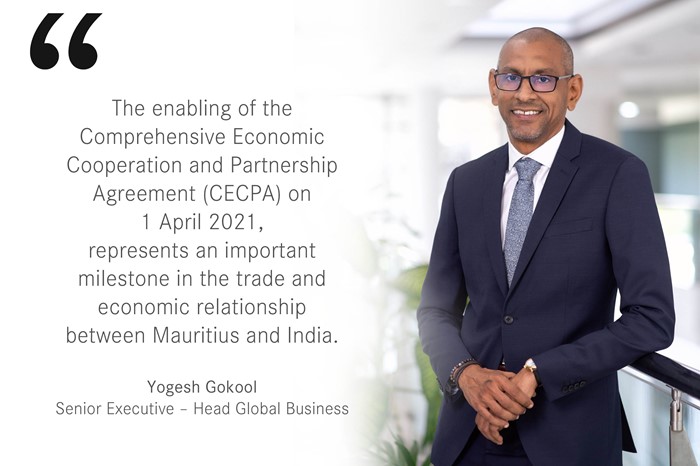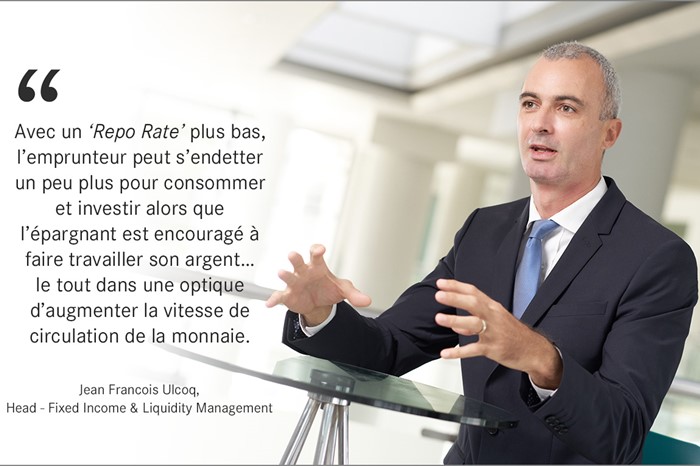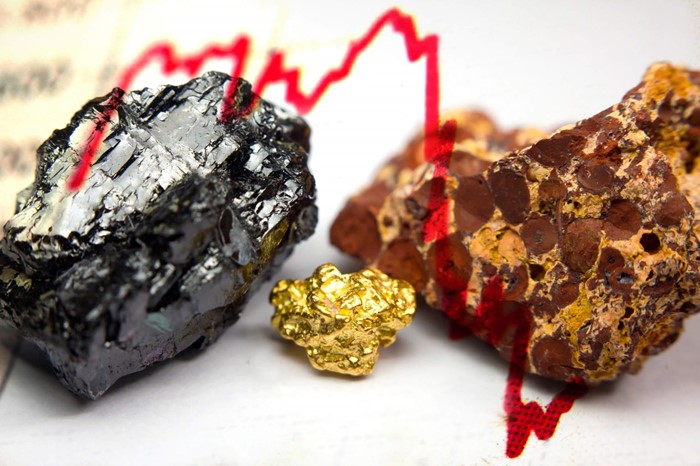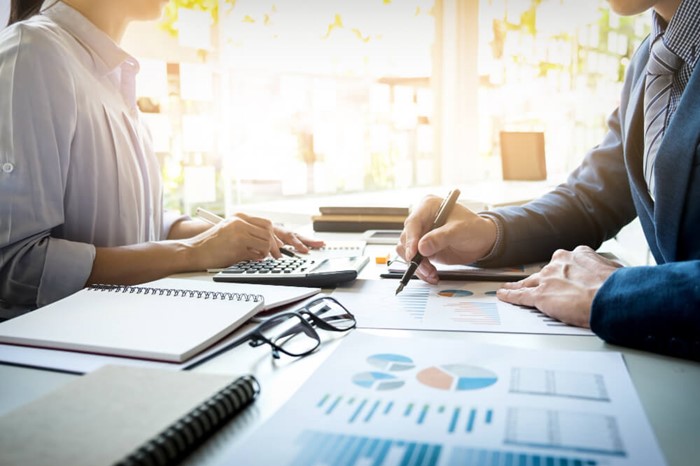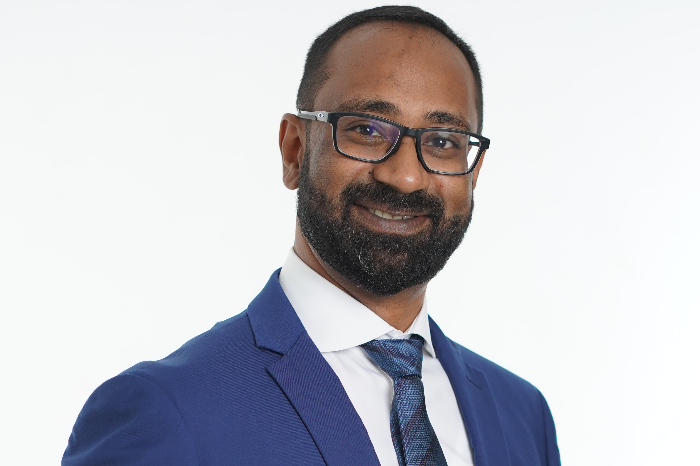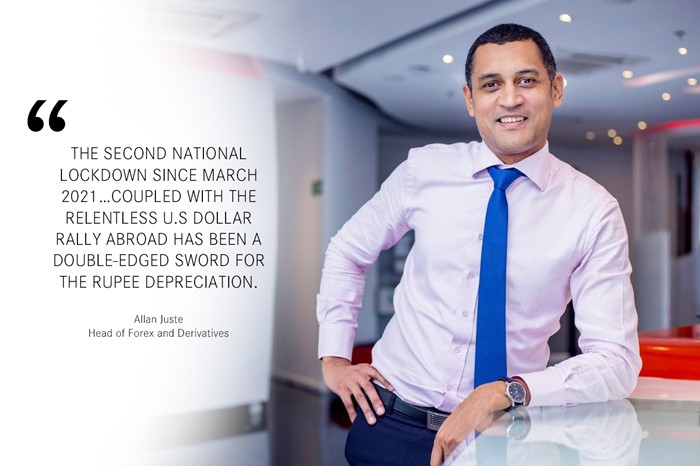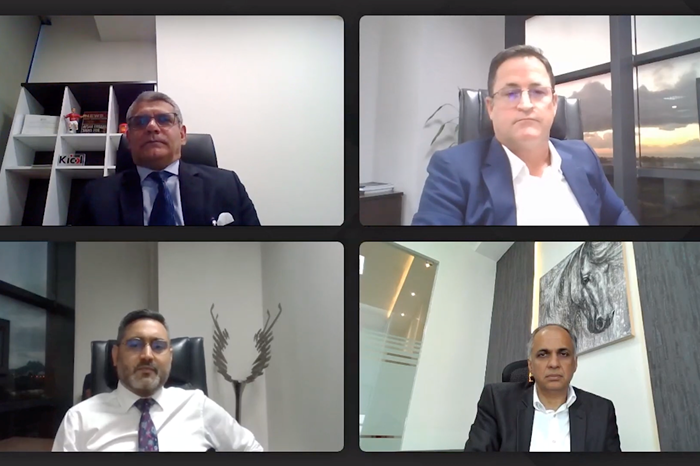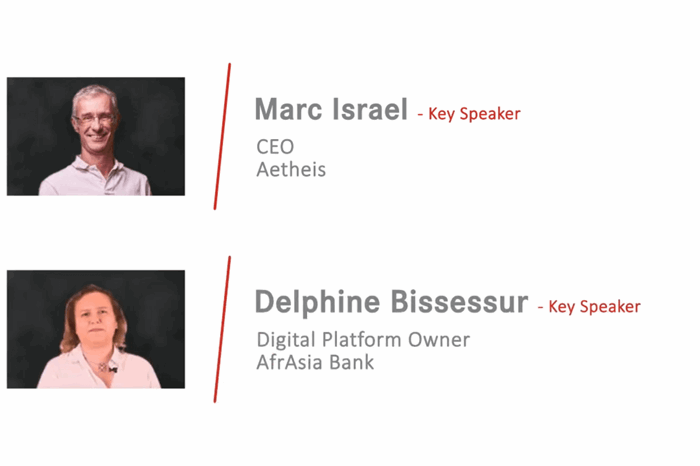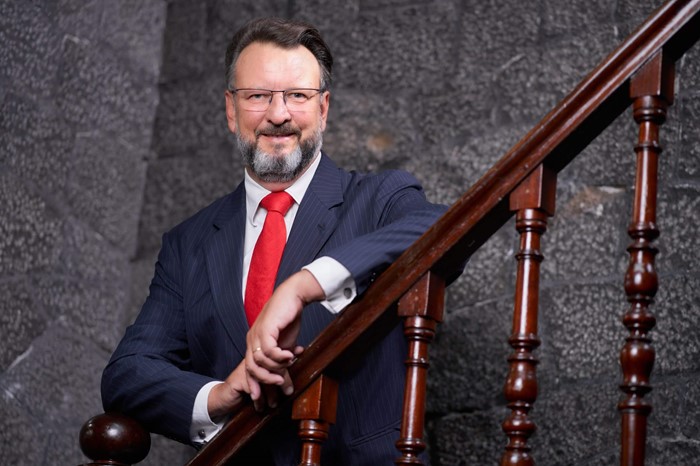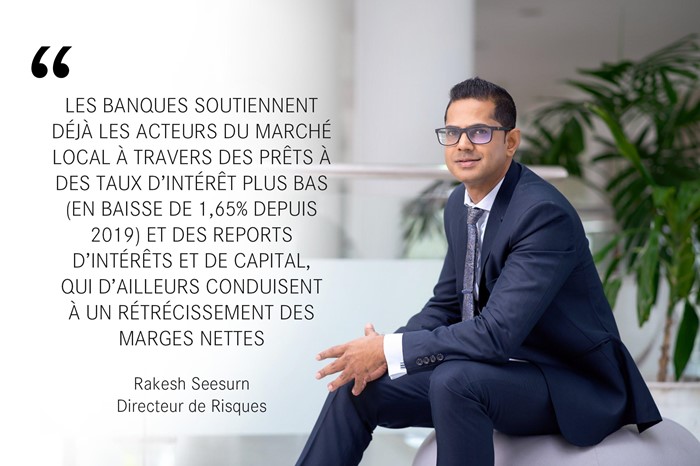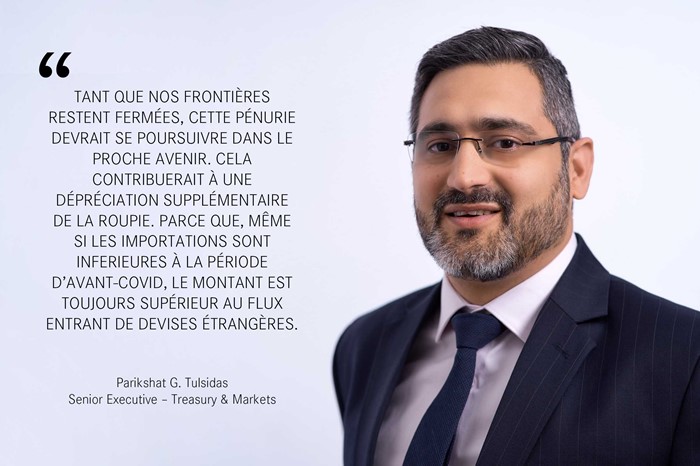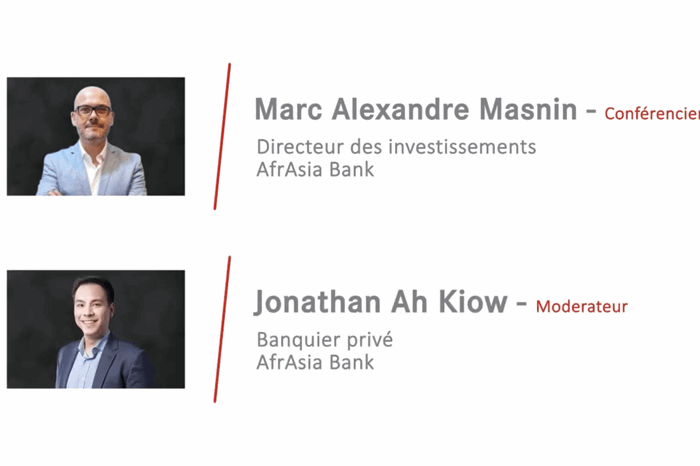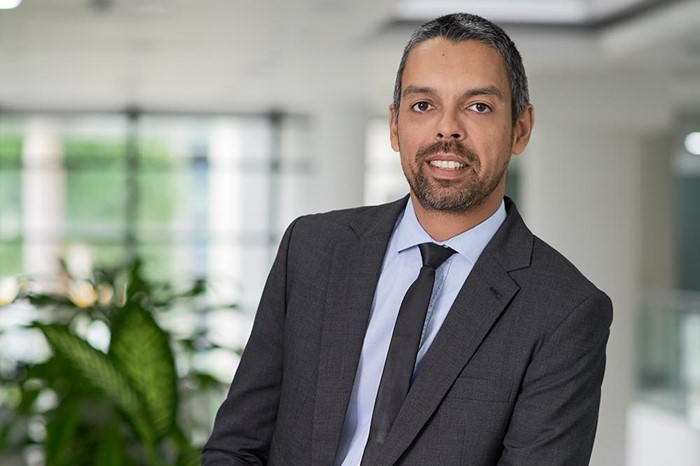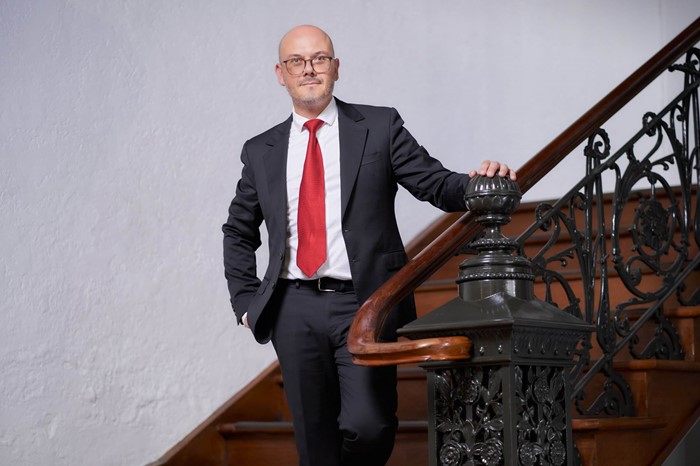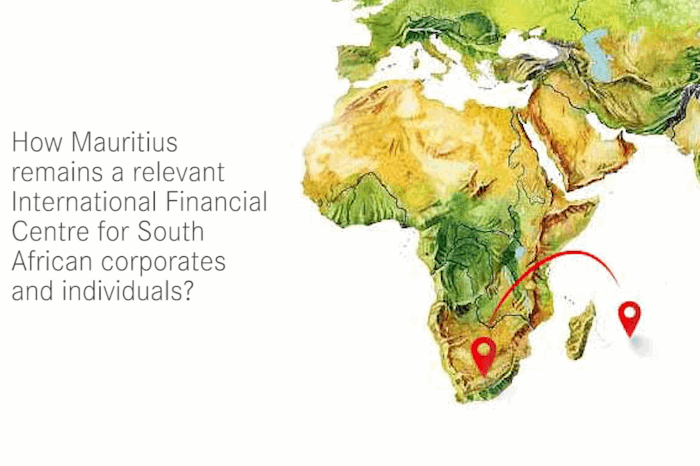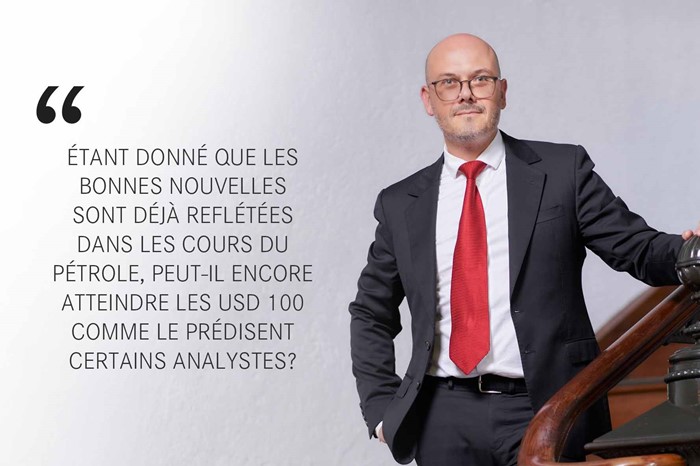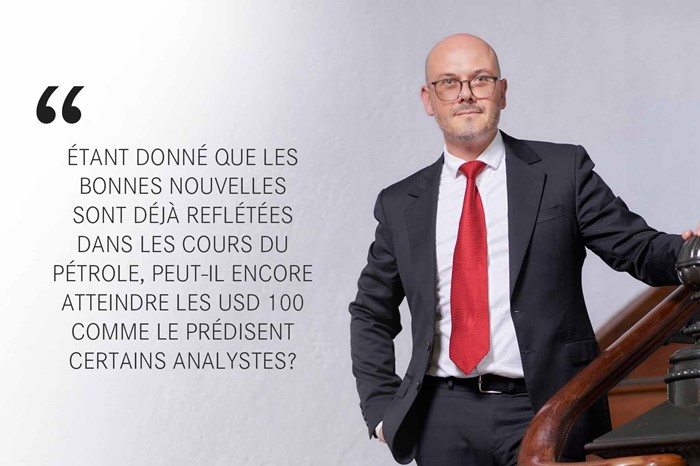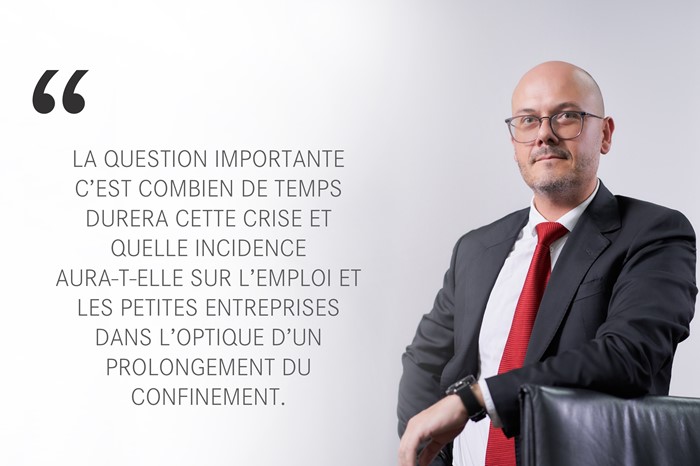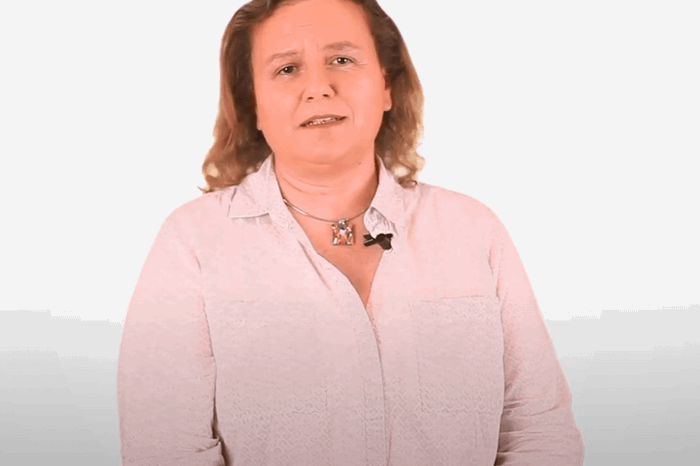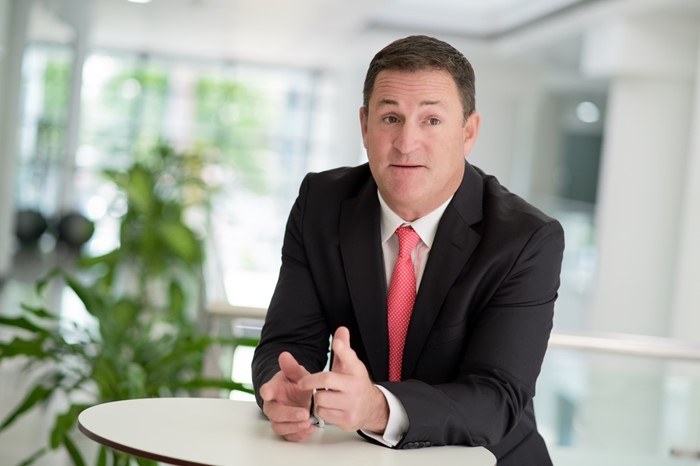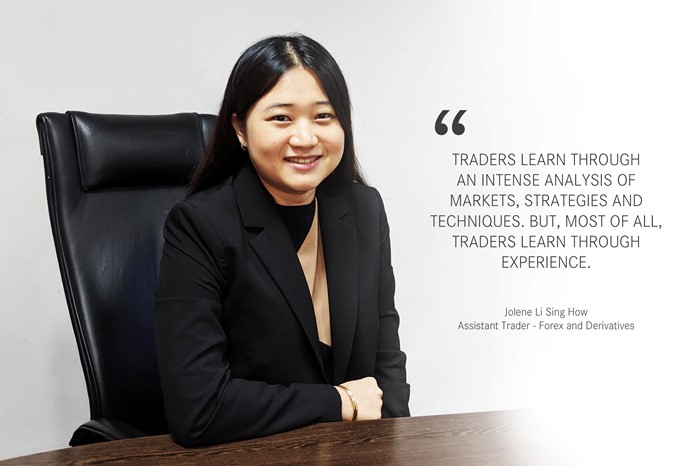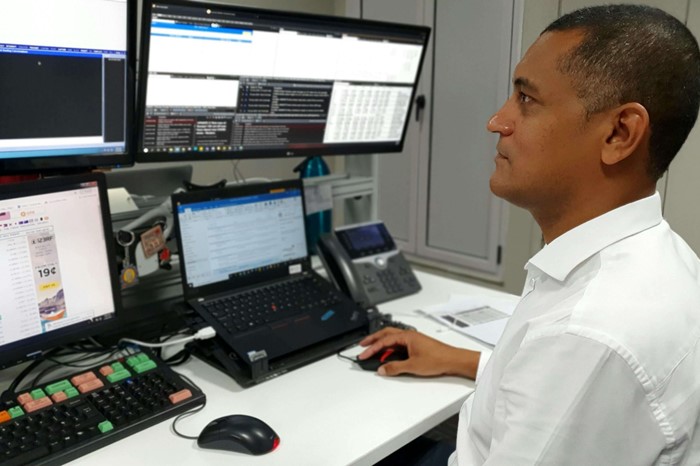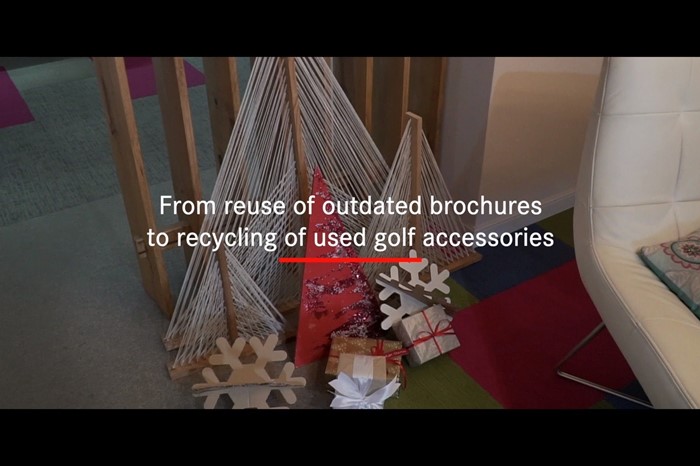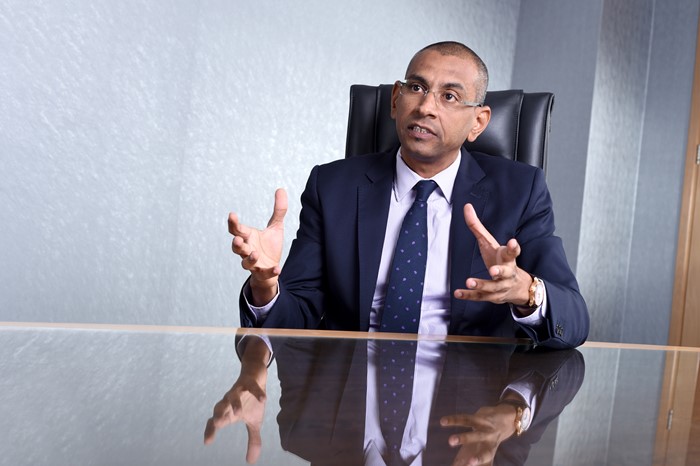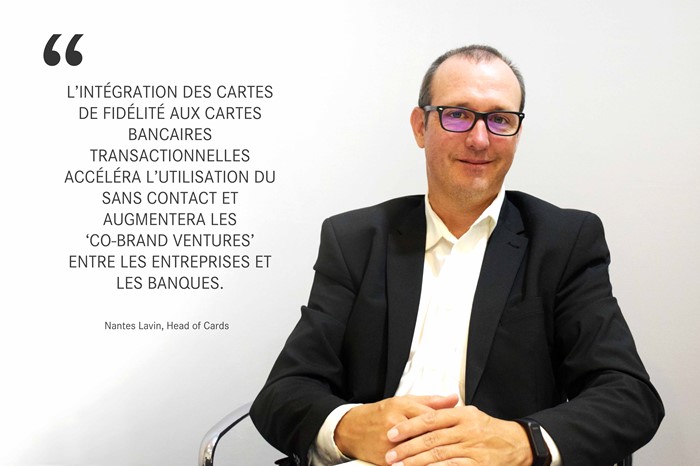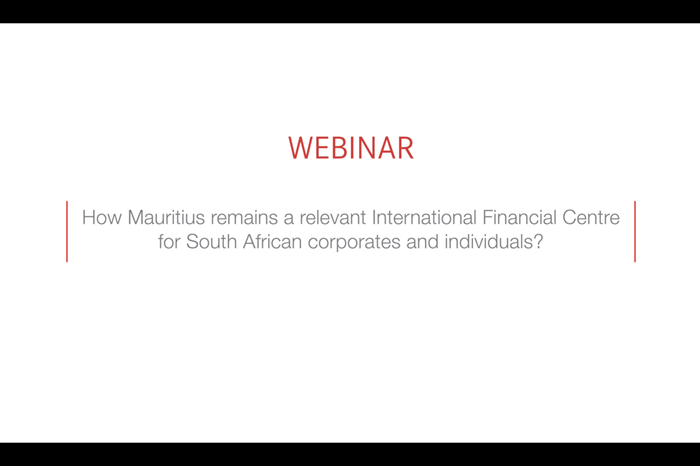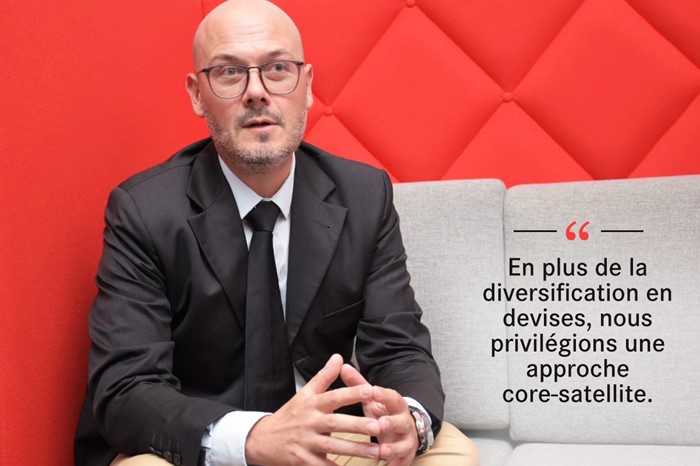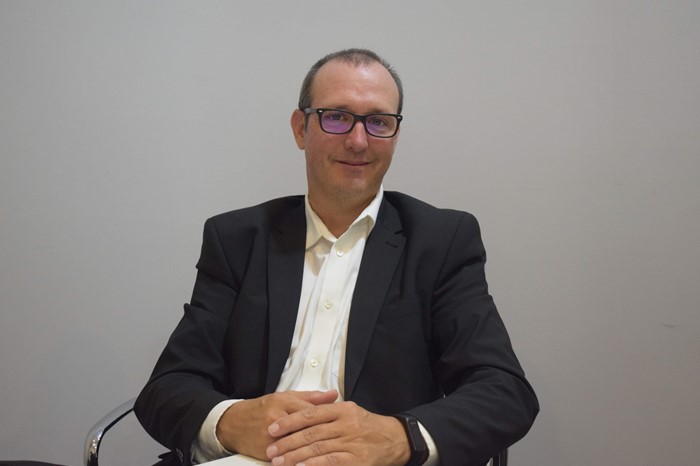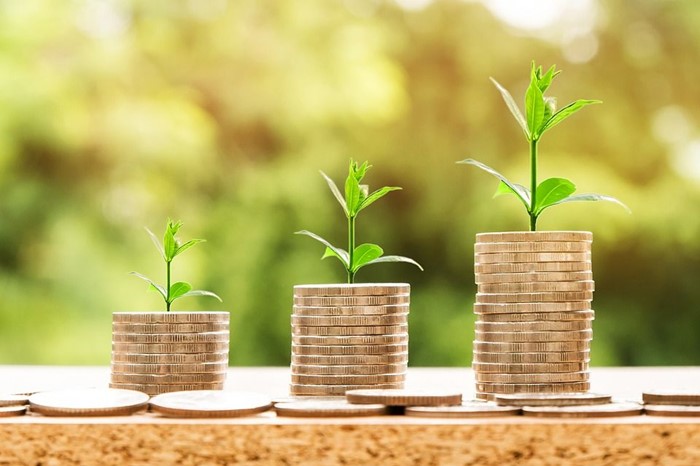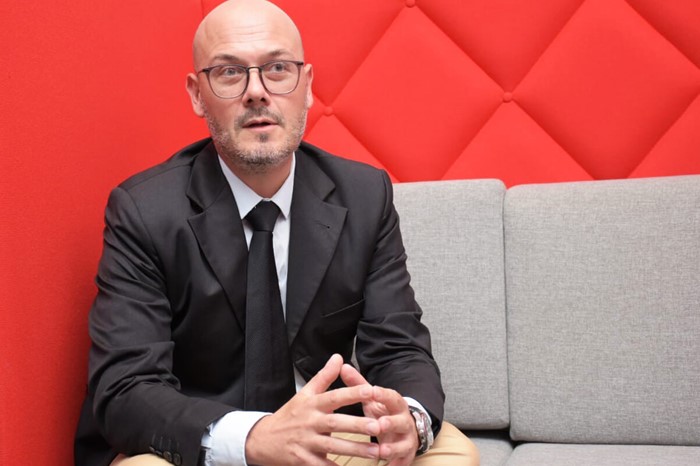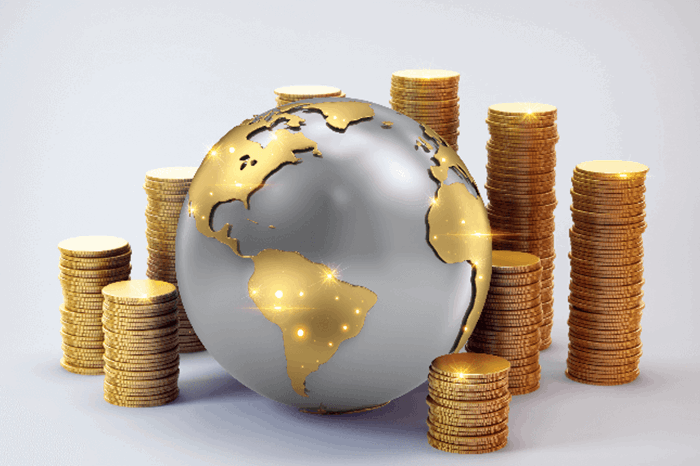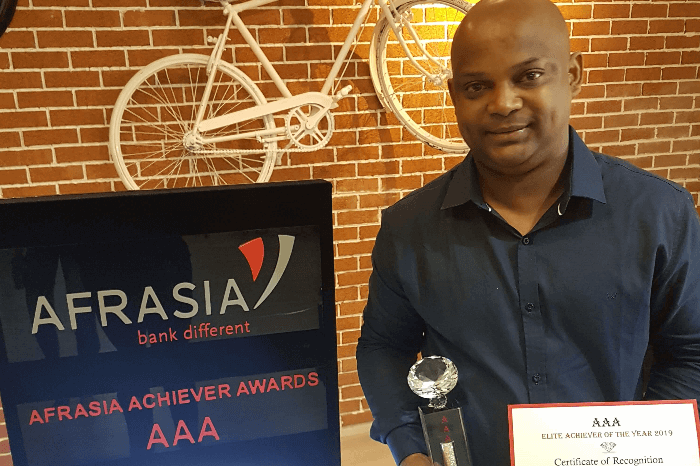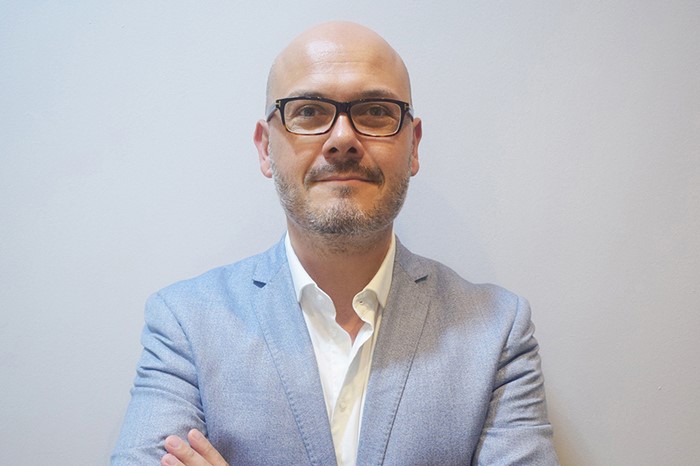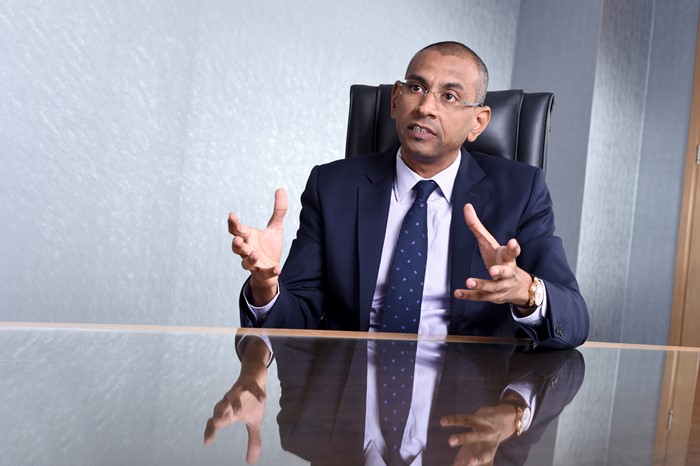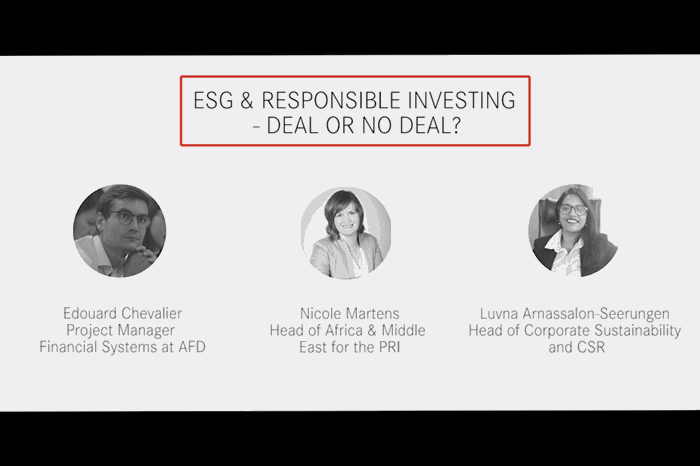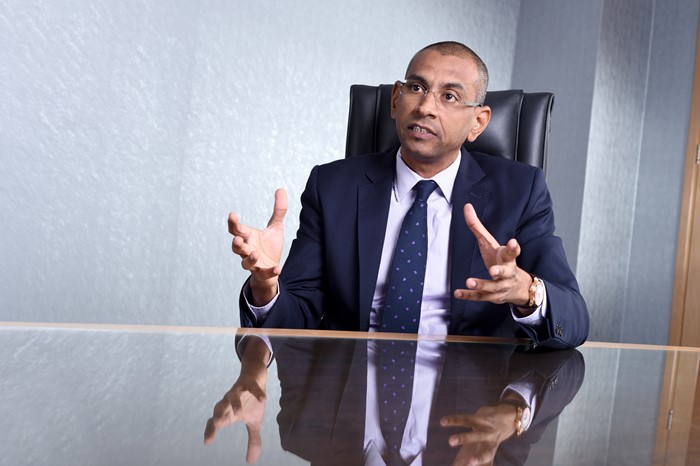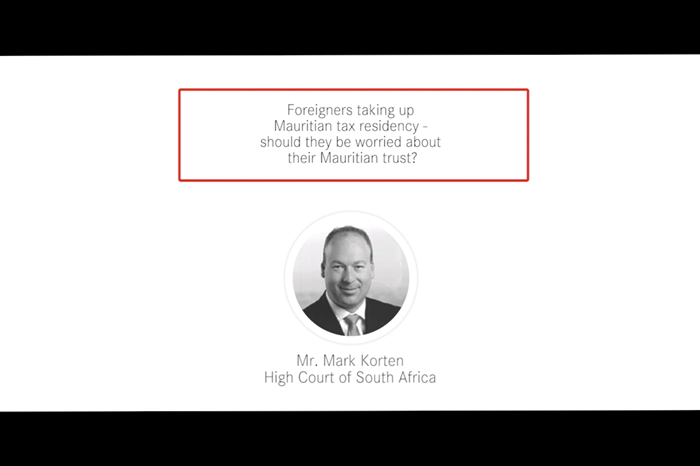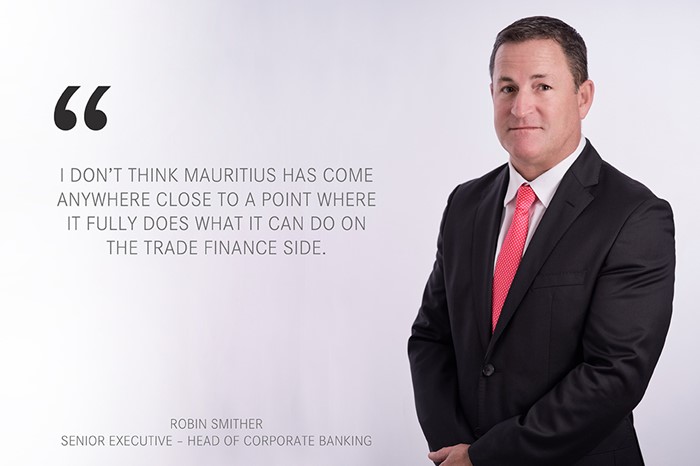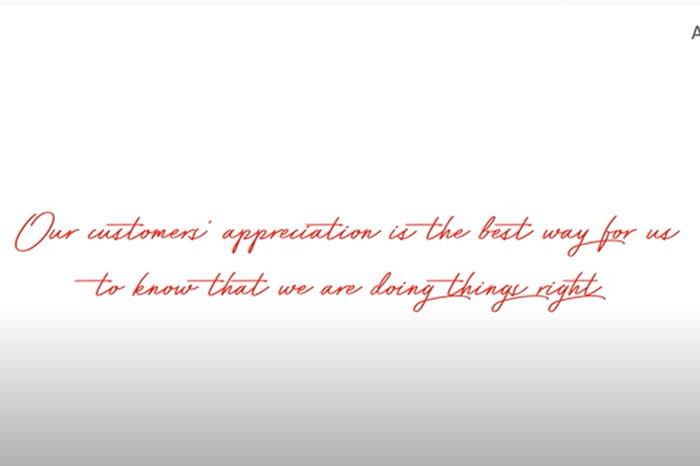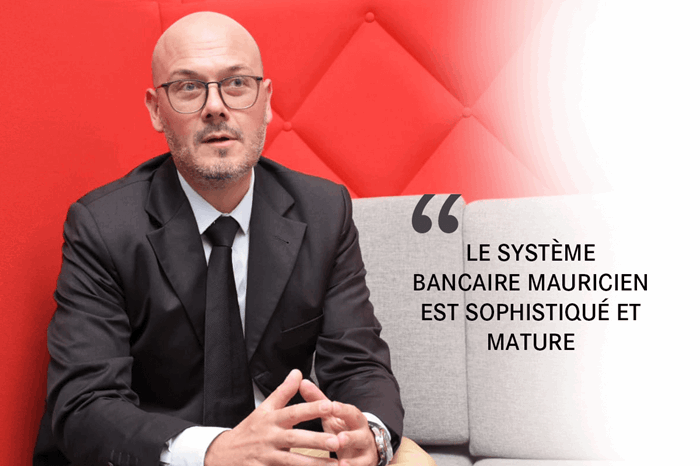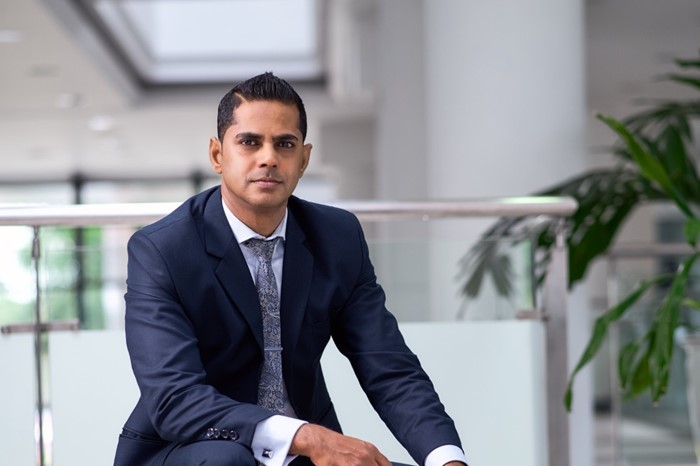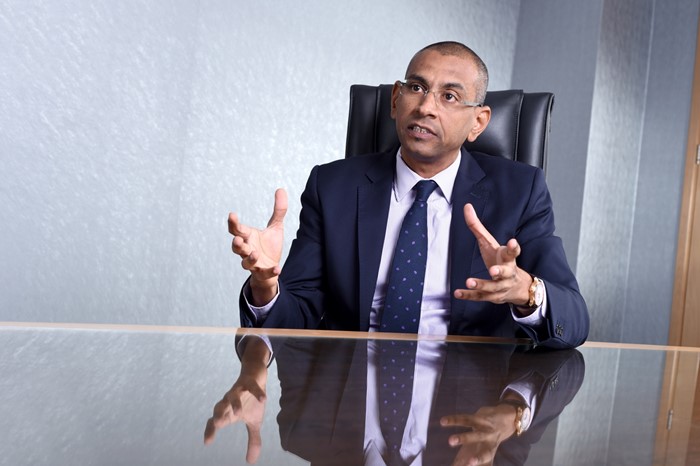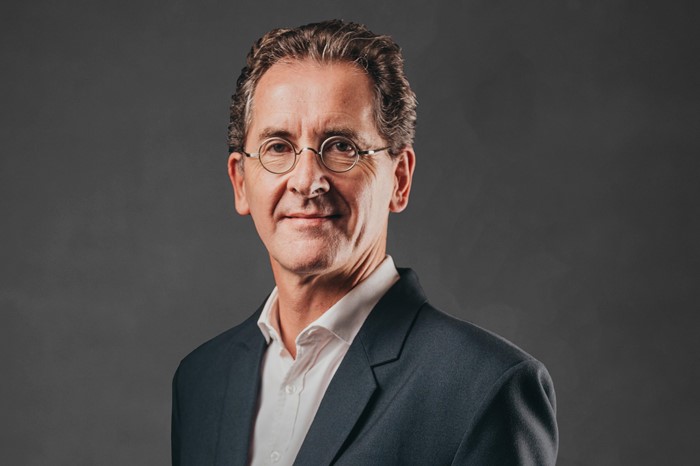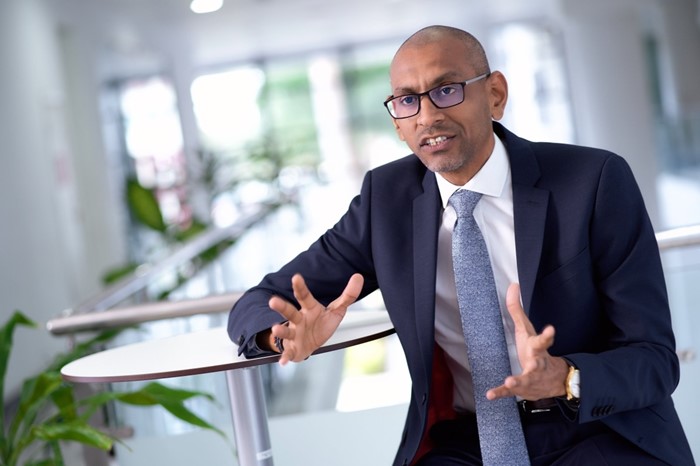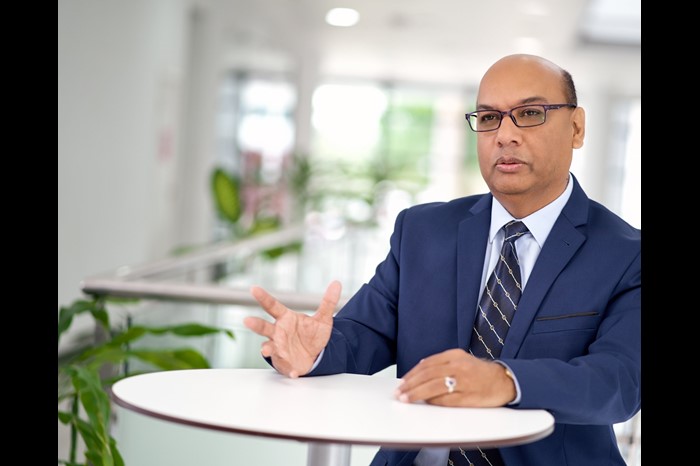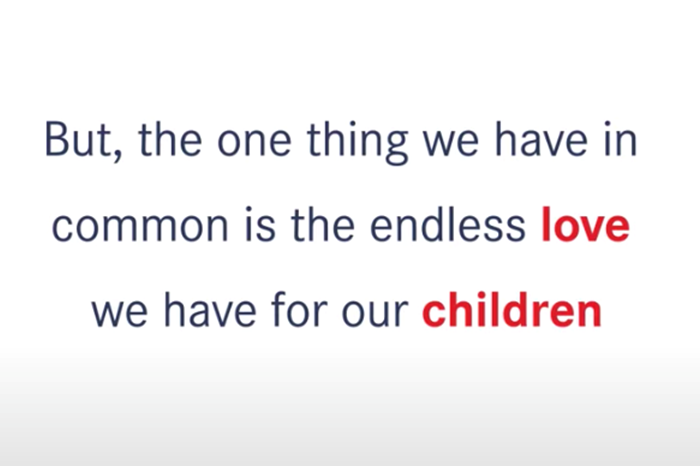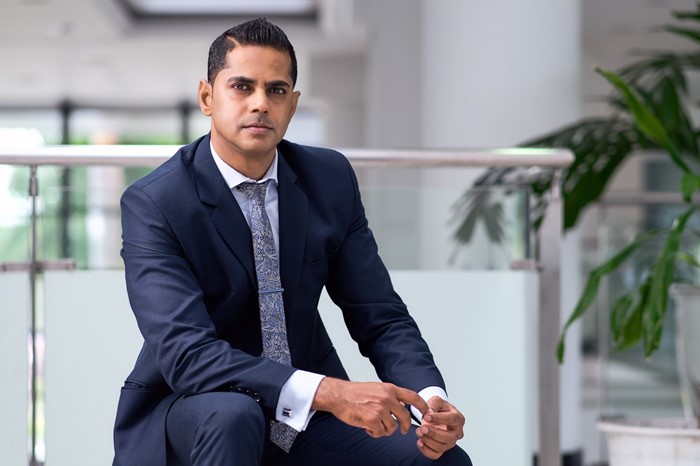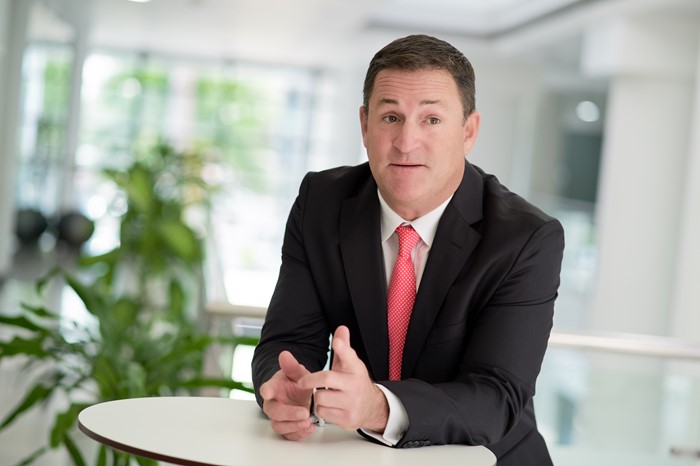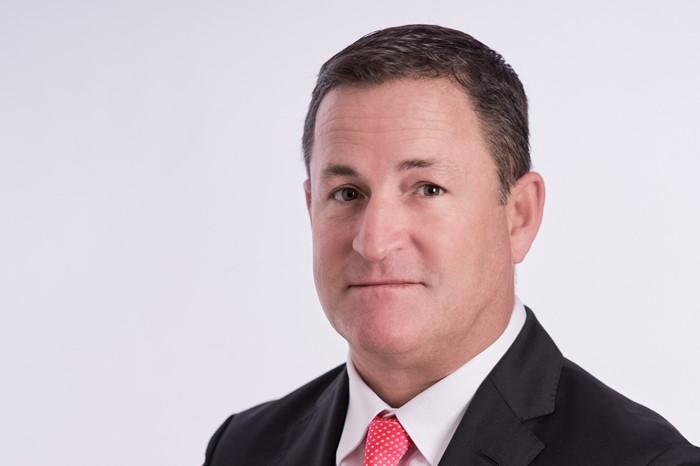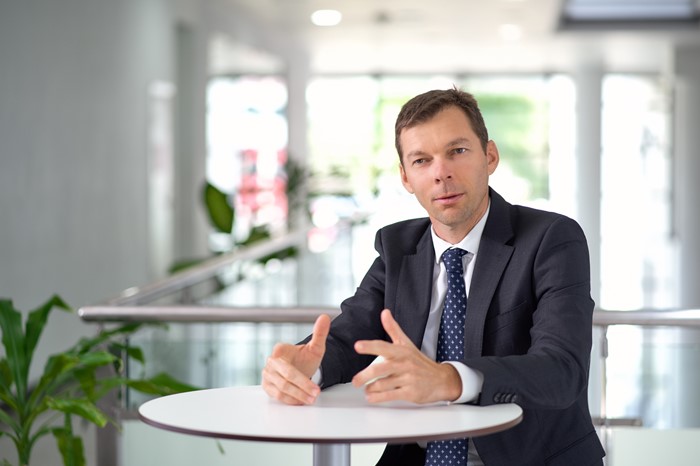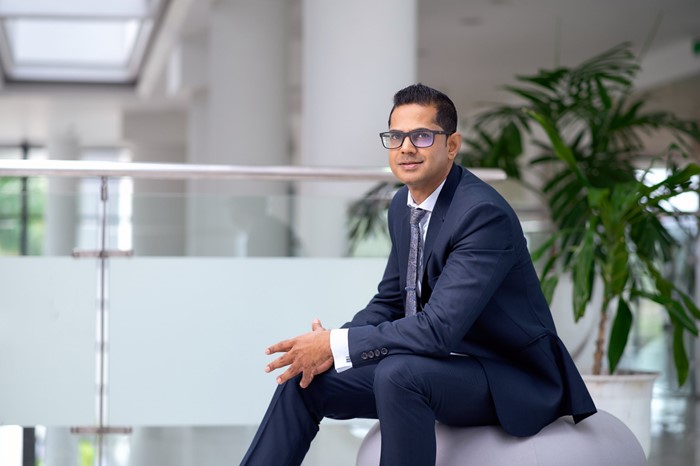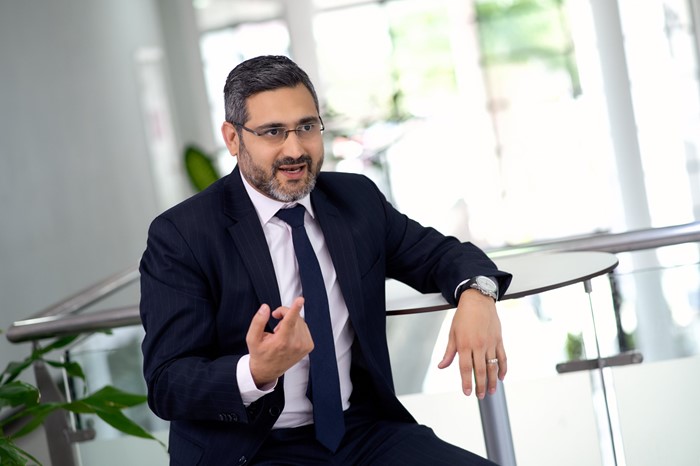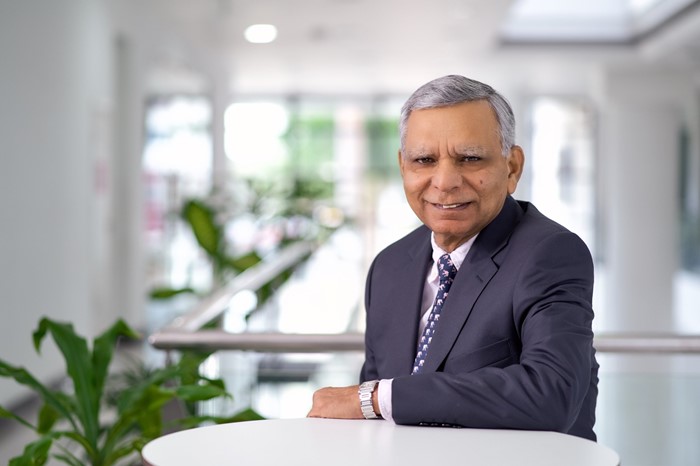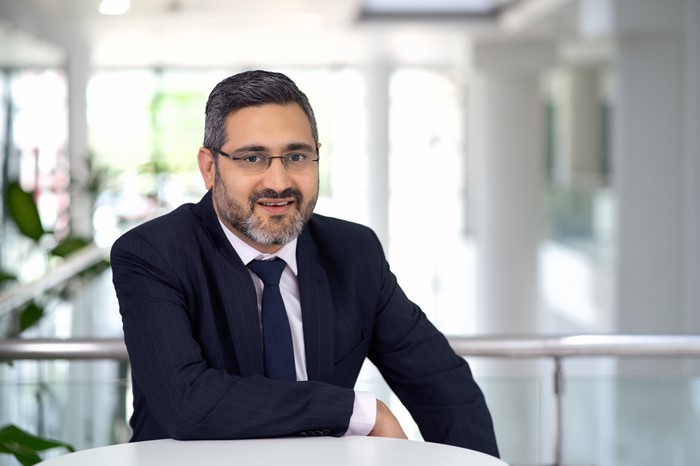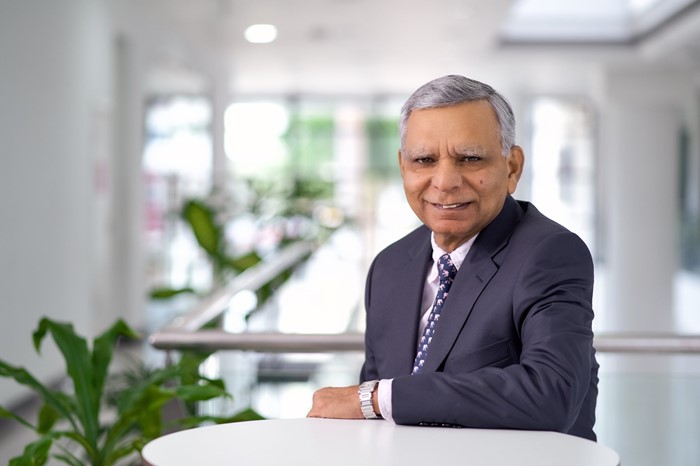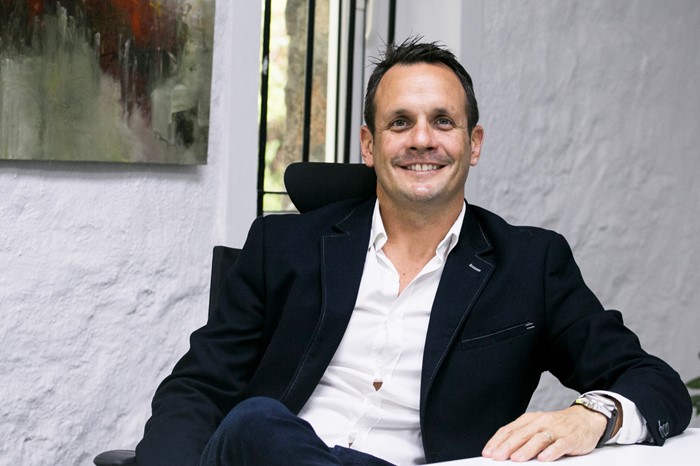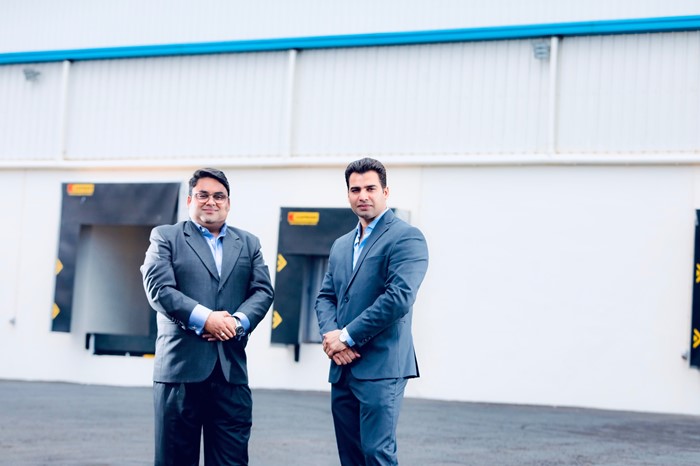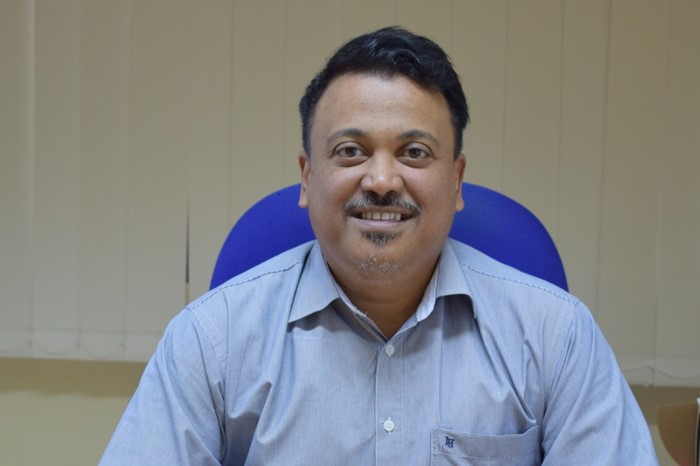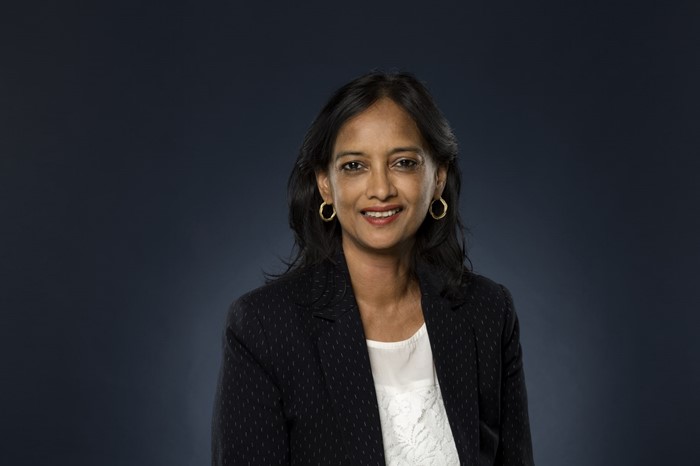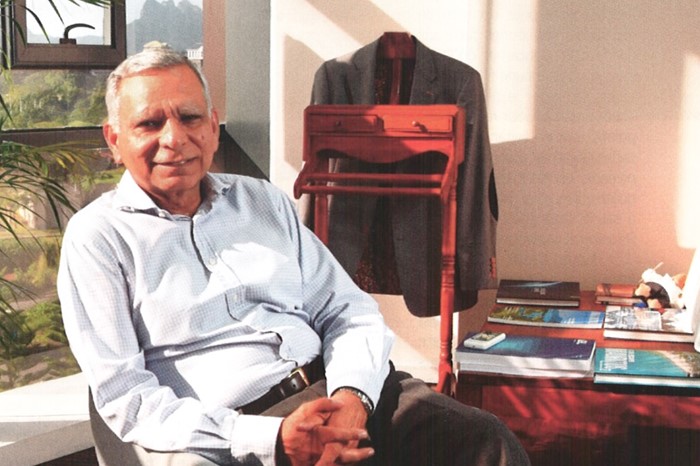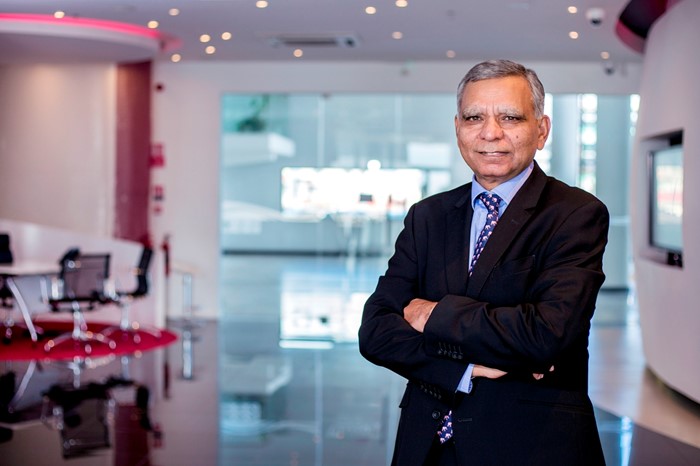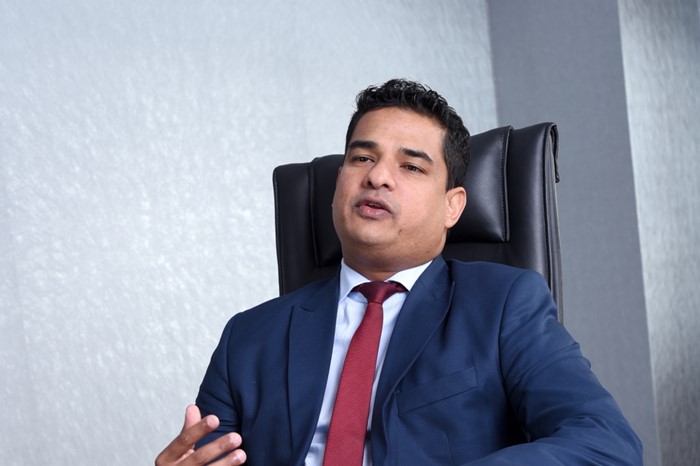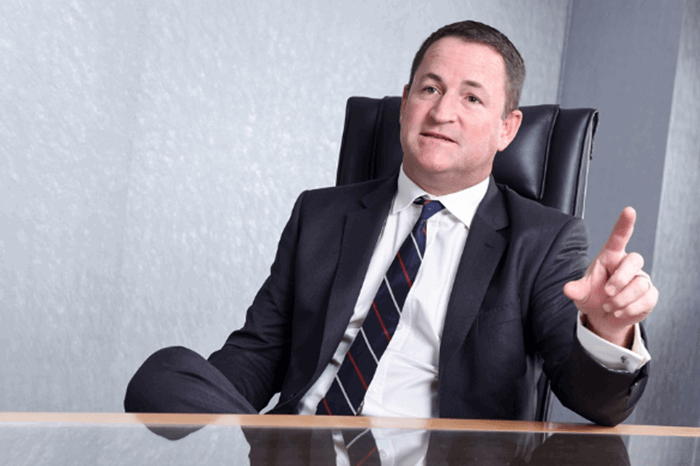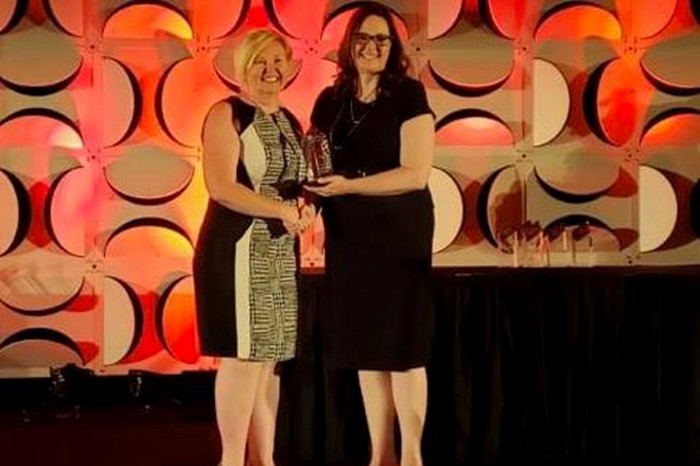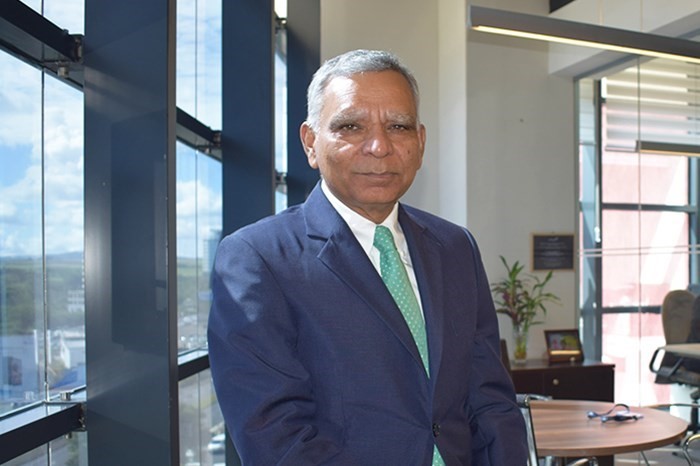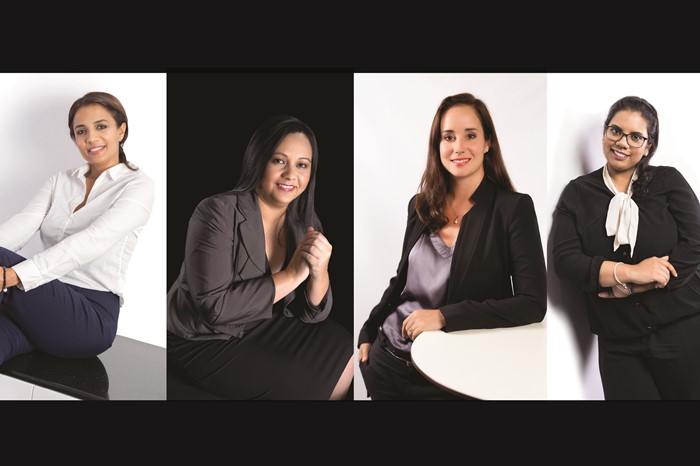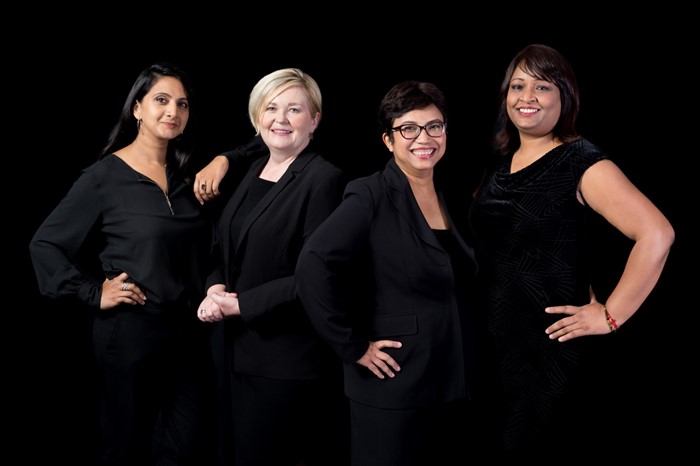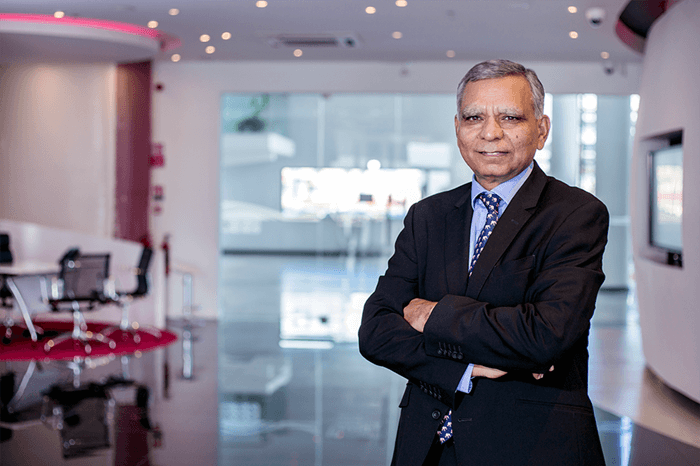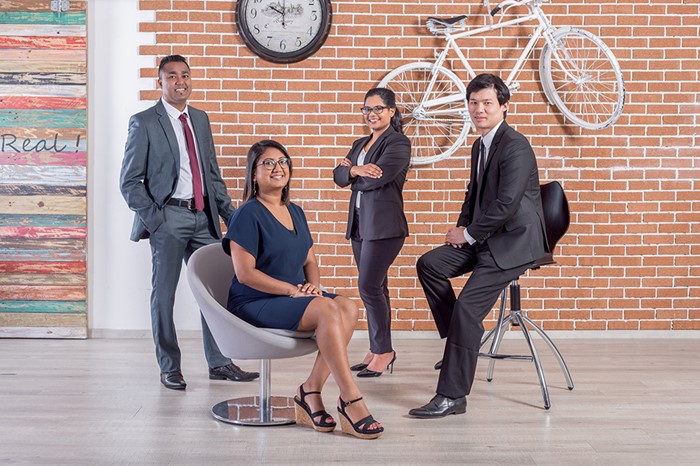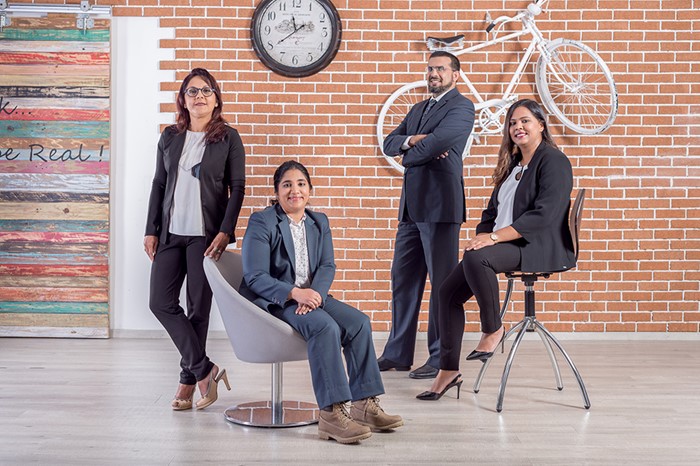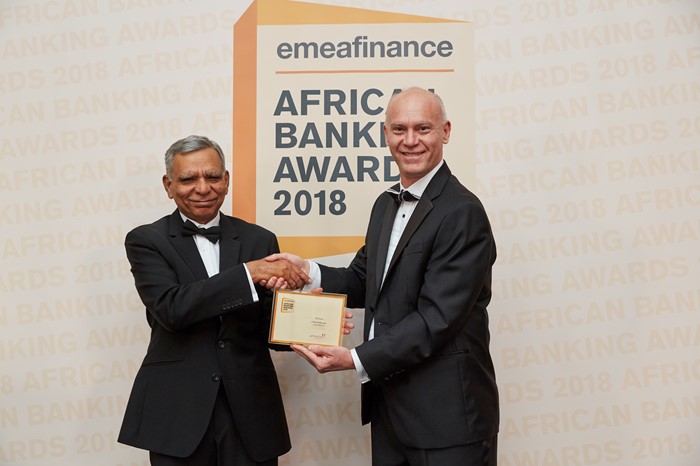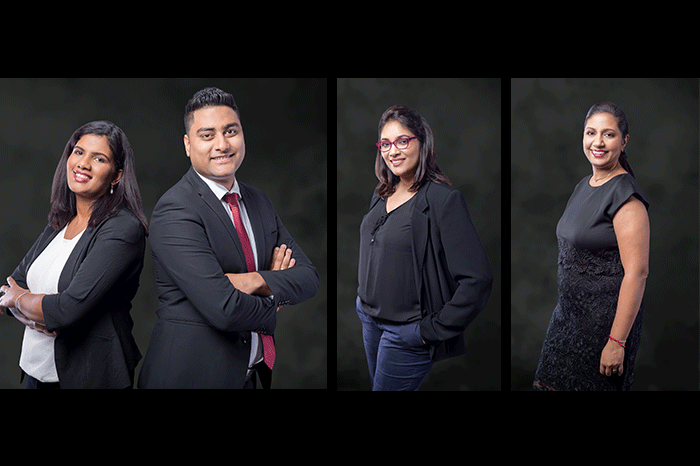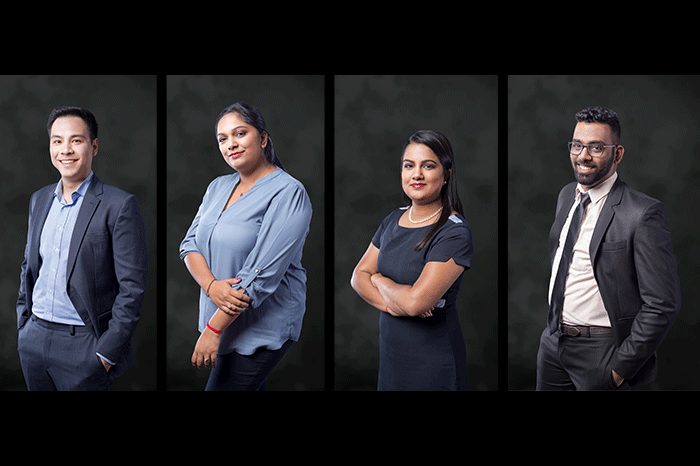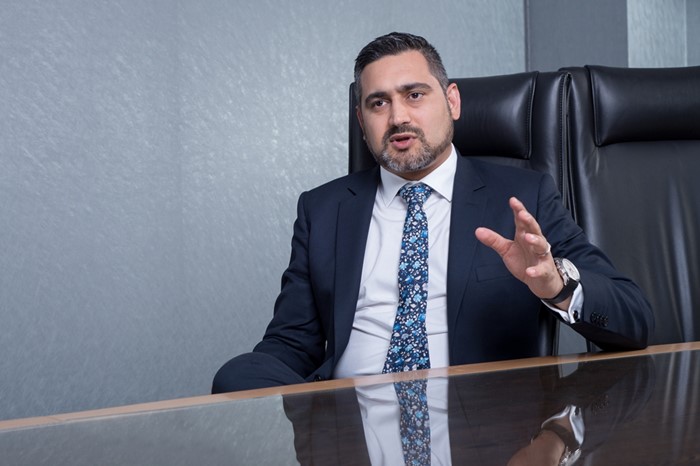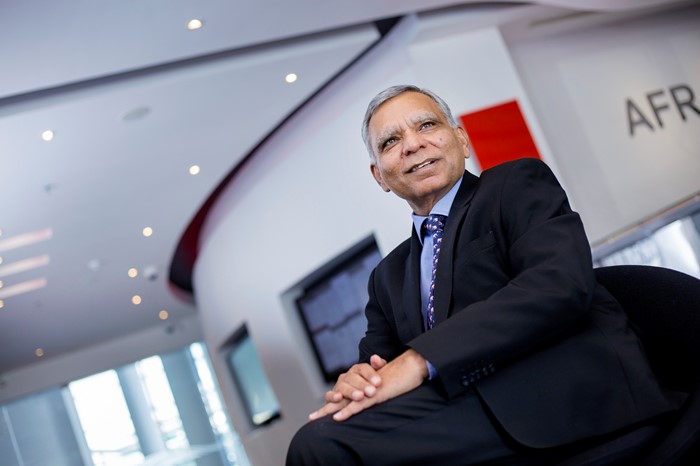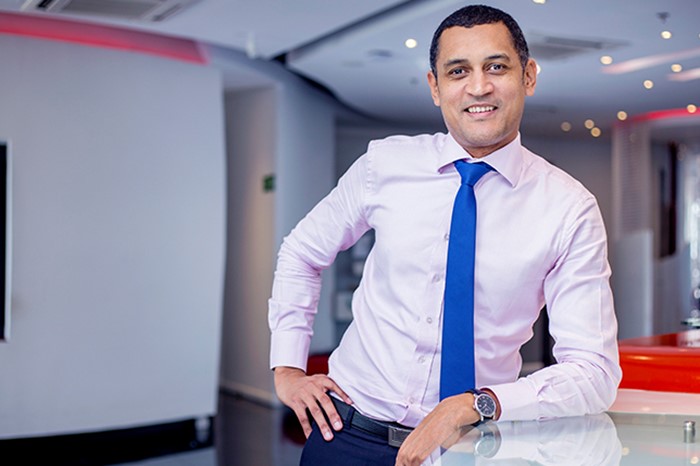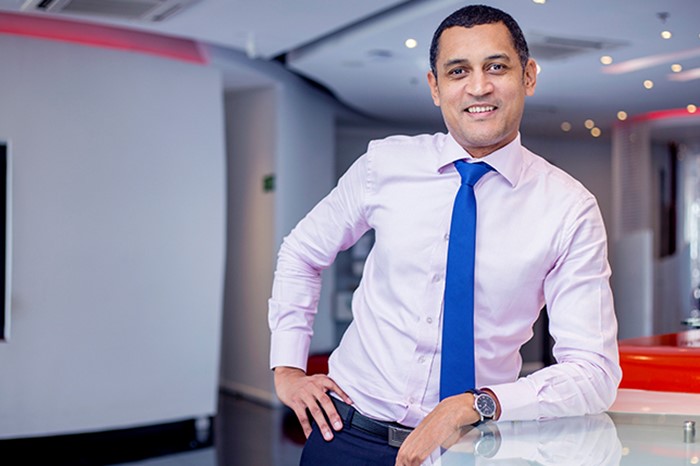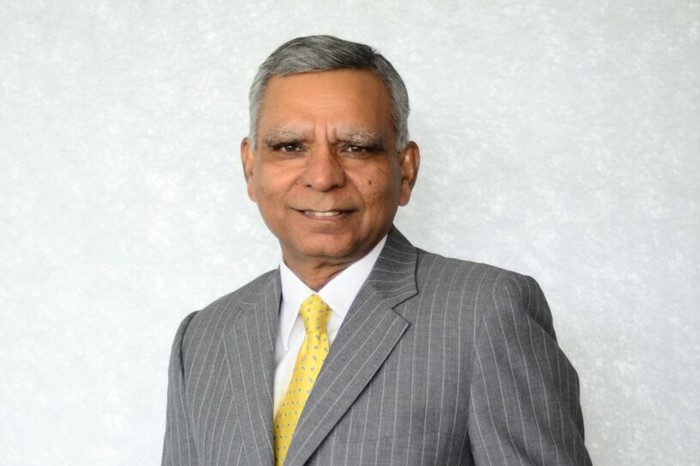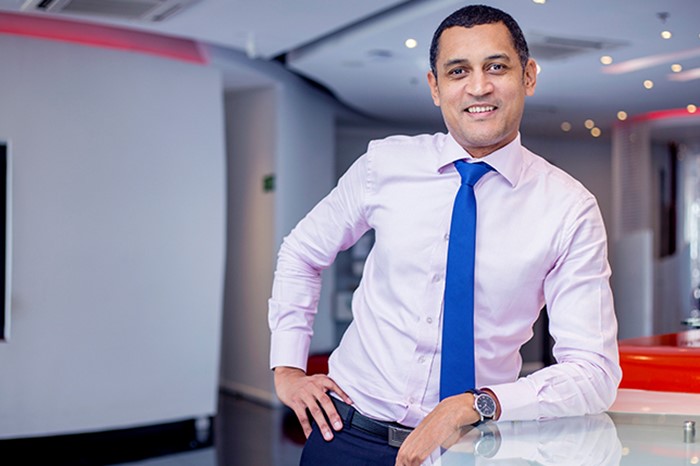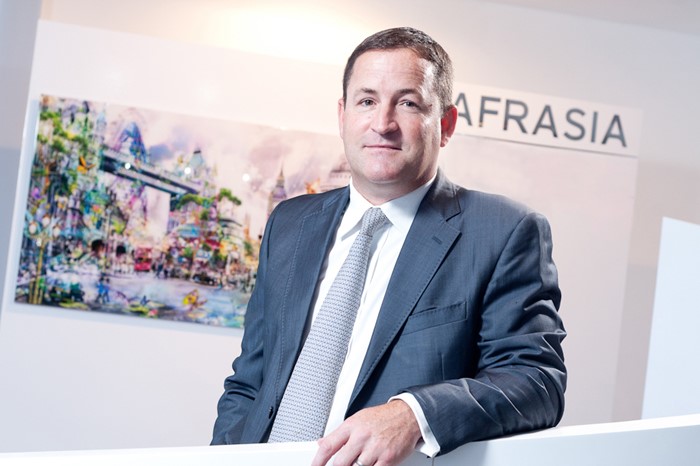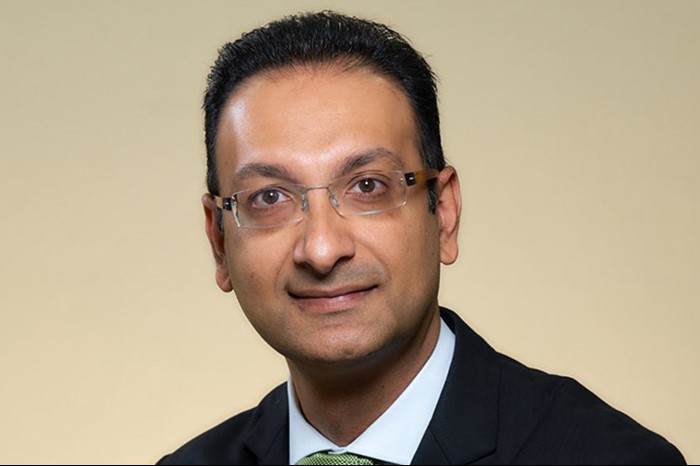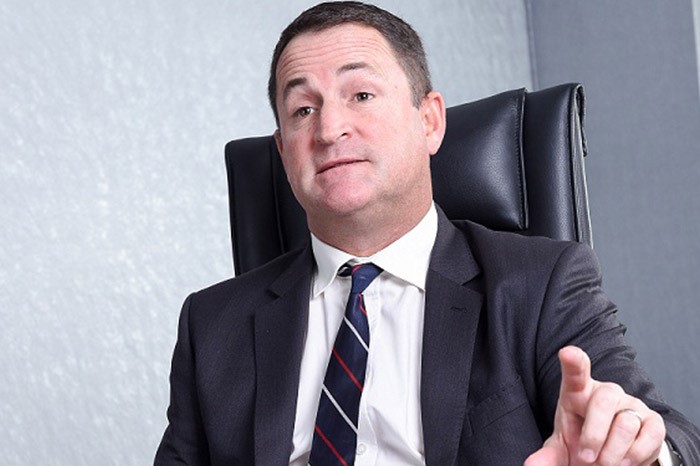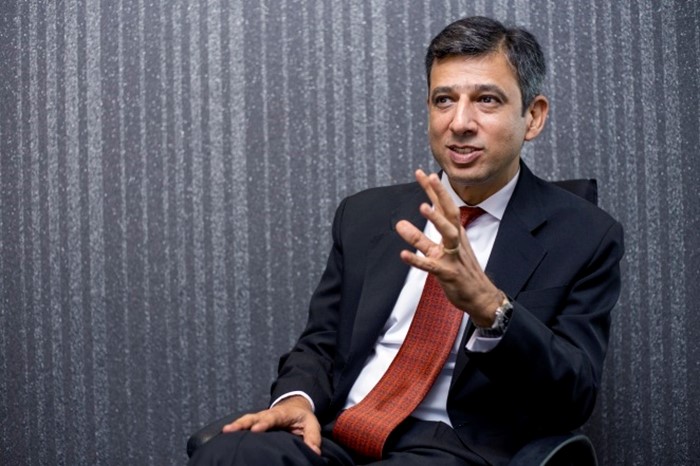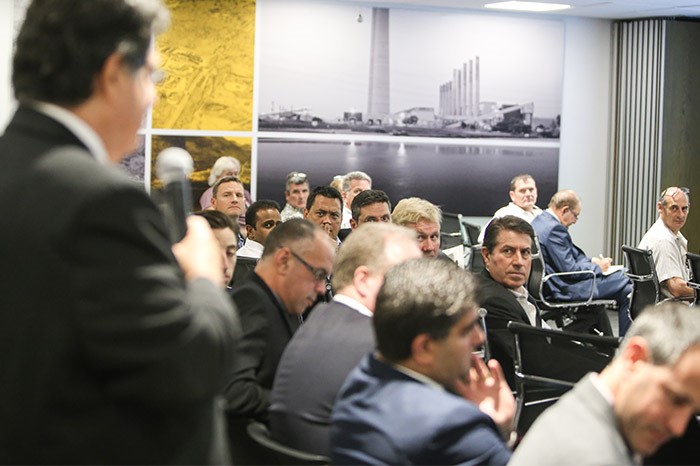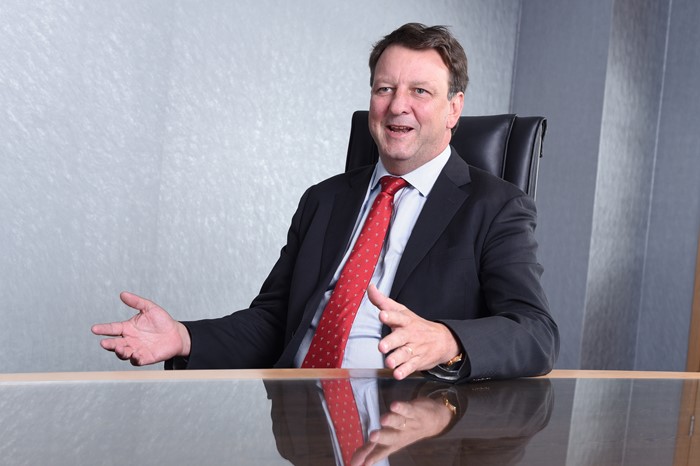
What is your analysis of corporate sustainability in Mauritius?
Most companies still fail to understand the scope of sustainability and how it connects and integrates with the company to its core. Too many people think sustainability is about corporate social responsibility (CSR) or environmental issues. While CSR enables businesses to demonstrate their interest in wider social issues, it is far from being the central part of a sustainable strategy, which targets the whole value chain.
The Covid-19 outbreak is a clear call that we need address the vulnerabilities present in our global economic, social, and environmental systems. Without these actions on corporate sustainability, companies will be less resilient, or not resilient at all, when faced with future scenarios.
What steps should companies take to ensure that sustainability concerns, such as efficiency and environmental impact, are considered early on in any new projects or ventures, rather than being tacked at the end?
We can ignore economic reality, but we can’t ignore the consequences. Many companies, irrespective of size, will be faced with weighty difficulties and challenges to steer their balance sheets and human capital. So, it is arguable that recycling, eco-friendly solutions or business model innovation for sustainability might not be the first items on the corporate agenda.
For some companies, those with the flexibility, it is high time to choose. Where will the priority be placed? Shouldn’t we think about a more virtuous model which focuses more on people and planet; one that will generate sustainable growth, or on the perpetuation of a short-termism model as has been the case in recent years?
Ideally, companies should hire sustainability specialists to build institutional capacity around sustainability, tending towards the overall strategy.
What are the main points that an “employee” should know when looking at the CSR/Sustainability report of their organisation? How can they better understand what the metrics are telling them?
Many studies show that employees invested in CSR are the most committed and motivated. An international study shows that 88% of millennials say their job is more fulfilling when they are provided opportunities to make a positive impact on social and environmental issues.
Looking at a sustainability report, the employee should focus on the improvements made by the enterprise over the years in career and development, gender equality, philanthropic activities, training hours, retention rate, diversity at all levels, and health and safety.
If there is no existing Sustainability department within an organisation, and integrated reporting has not been something that an organisation has done in the past, how should a company start a Sustainability program?
The first step towards integrated thinking is to implement the reporting towards UN Global Compact principles. The Global Goals give us a globally-agreed set of targets to address the world's most pressing social, environmental and economic challenges and is designed to be a blueprint to shift the needle, enabling companies to measure all the impact they have on society, not just the financial ones. Companies are accompanied through this framework and it guides them to do business responsibly, pursue opportunities to solve societal challenges, to be transparent about their operations and activities, enable investors to make informed decisions that will support the goal of a sustainable future. Moreover, it gives policy-makers and governments an understanding on how businesses are contributing to the goals of their country.
Sustainability strategies involves all aspects of a business, from waste management to human resources. To put forward the “can do” attitude among employees, it is important to invest in educating employees about sustainability as well as to put in place systems and processes that make it easier for employees to integrate sustainability into their business decisions.
What would you recommend as the first steps to implementing a robust and forward-thinking Sustainability plan?
First of all, a sustainability plan requires the commitment of all stakeholders and new ways of working, thinking and learning. It requires focused efforts of the entire organisation. It goes far beyond the images of recycling bins, climate change, hybrid vehicles, green roofs, and solar panels. The idea that sustainability means managing your triple bottom line: financial, social and environmental impacts, obligations and opportunities need to be internalised. Without a common understanding of sustainability, a forceful case of change cannot be made.
It is, therefore, necessary to place human and managerial resources, as well as stakeholders, at the heart of the method. The thinking around Sustainable development would also mean the end of the corporate ‘pyramid’ culture as it is based on sharing of skills and responsibilities, thus, promoting a democratic culture within the enterprise.
What according to you is the impact of the Covid-19 pandemic on corporate sustainability?
Covid-19 is offering an opportunity to reset or improve certain specific industries like tourism, finance, manufacturing, logistics and others in the way they cope with climate change and the way financial systems work. The question of capitalism and the way to make it work can be reviewed as our materiality is redefined by this new normal.
The UN’s Framework for the Immediate Socio-Economic Response to the Covid-19 Crisis warns: “The Covid-19 pandemic is far more than a health crisis: it is affecting societies and economies at their core. While the impact of the pandemic will vary from country to country, it will most likely increase poverty and inequalities at a global scale, making the universal call for SDGs even more urgent.”
In the investment world, Covid-19 has further put sustainability under the corporate spotlight. Sustainable investing is becoming mainstream. ESG factors has gained more thoughtfulness as investors have come to recognise the materiality of risks that lie beyond the typical financial statement analysis. Data from Moody’s confirms there has been $25.3 billion of social and sustainability bonds issuance in 2020.
How do you see the future of corporate social responsibility/sustainability post Covid-19?
Sustainability approaches will be moving beyond sporadic corporate philanthropy to become the core of operating models and business strategies. Corporate sustainability approaches positively impact on the bottom-line, boost brand recognition and loyalty, develop more resilient supply chains, foster employee engagement and improve investment opportunities.
We have seen that companies with integrated sustainability demonstrate a greater capacity for resilience during volatile markets, quickly recovering from the crisis. Covid-19 has helped identify companies and countries with deficiencies in their economic, social, and environmental systems. Companies are now further accountable, not only on profit but above all on sustainable growth and development.
Looking towards the future, sustainability will have an essential role in building resiliency and strengthening anticipatory actions. Irrespective of size and value, businesses will have to on-board this sustainability journey to face this post-Covid-19 era. The new consumption patterns, changing business models, new technologies, changing demographics of the workforce and rising geopolitical uncertainty will unquestionably be some areas of focus to steer through this unpredictable and uncertain ‘new normal’.
